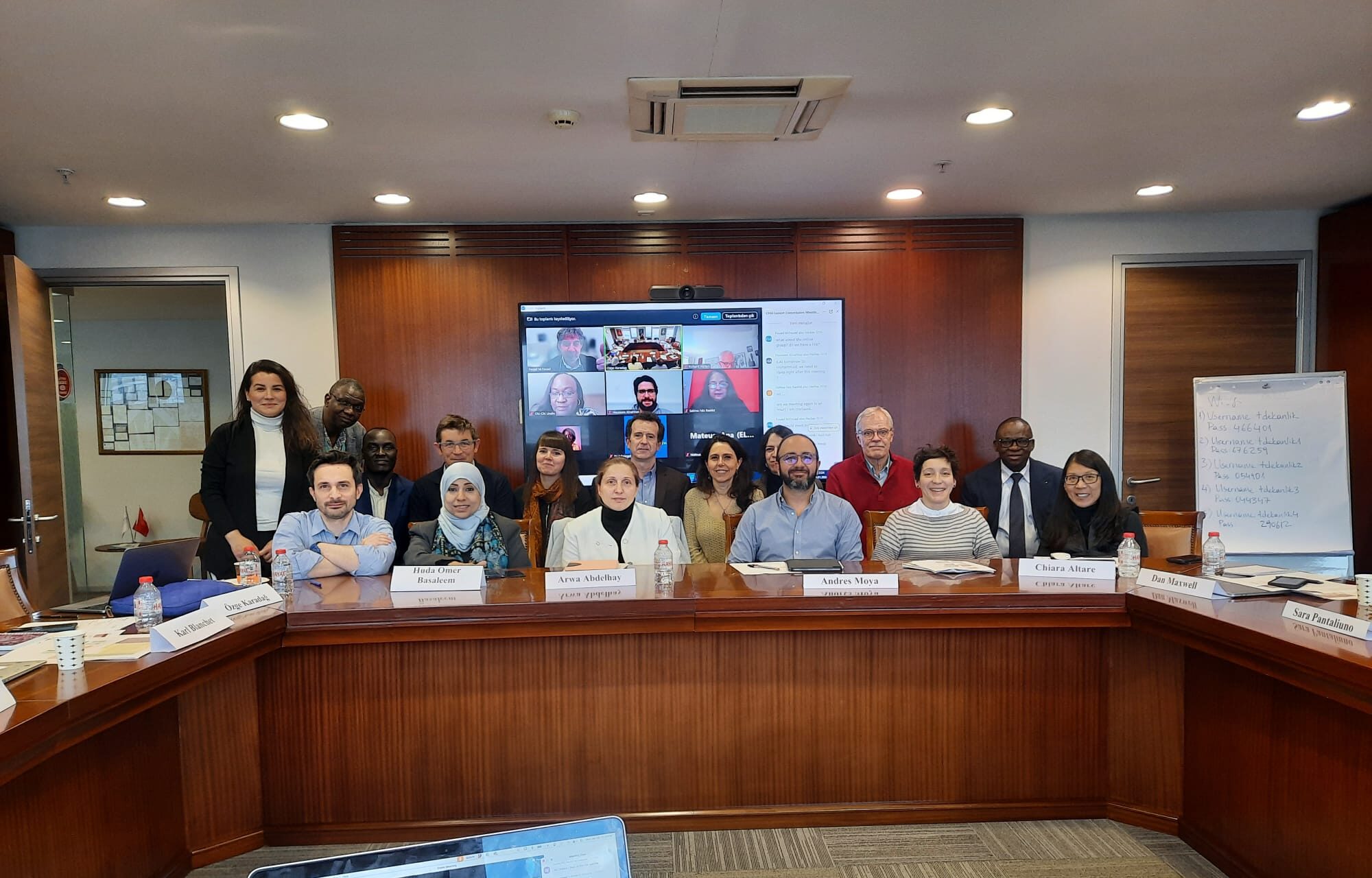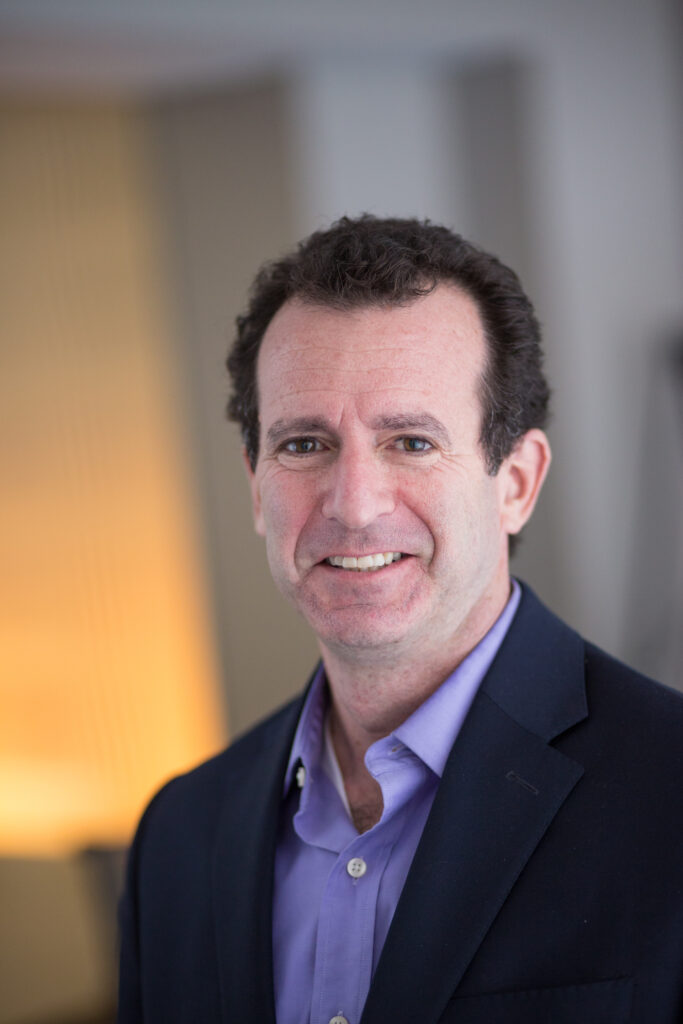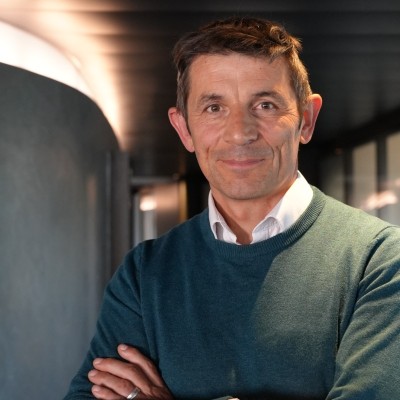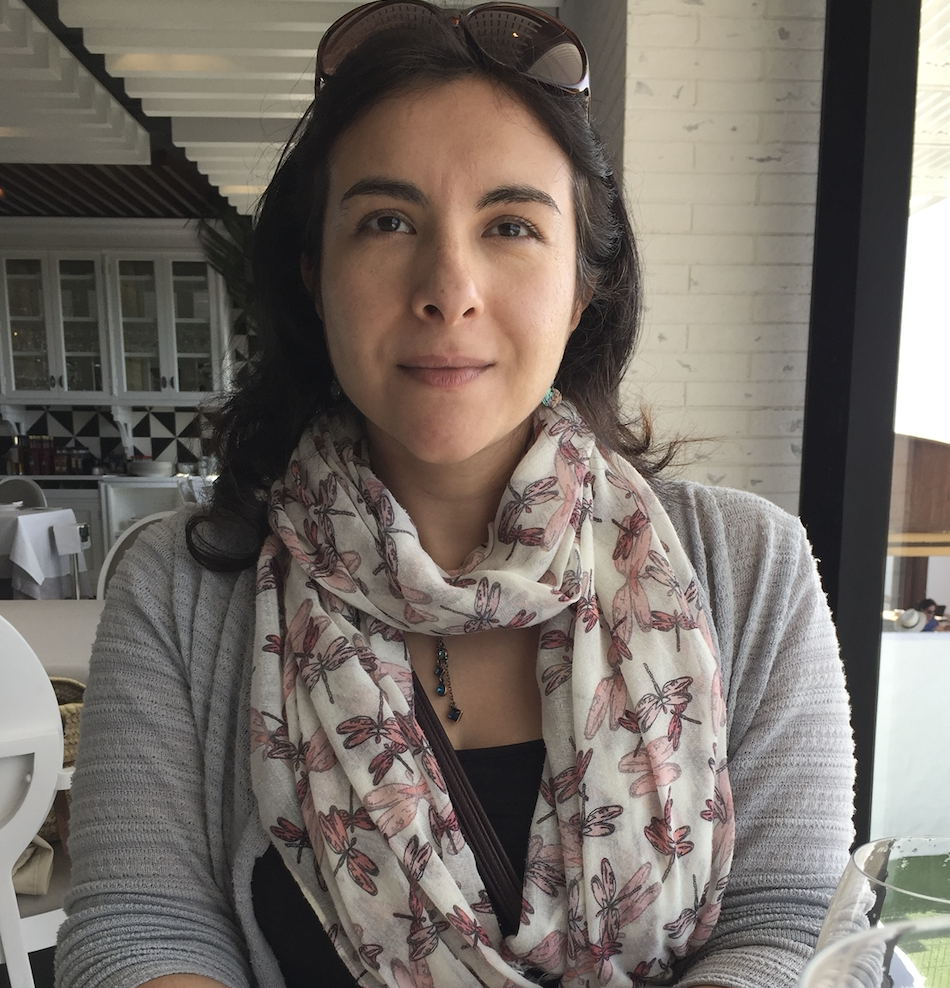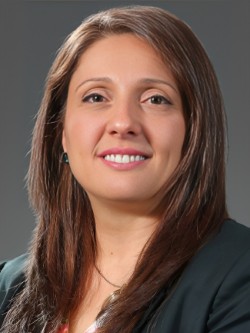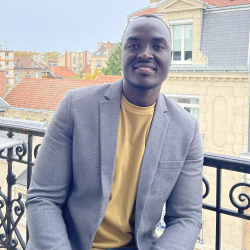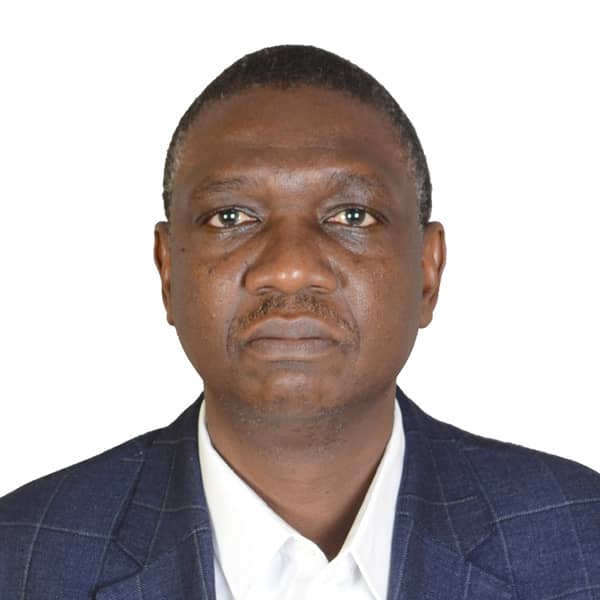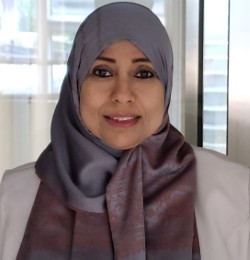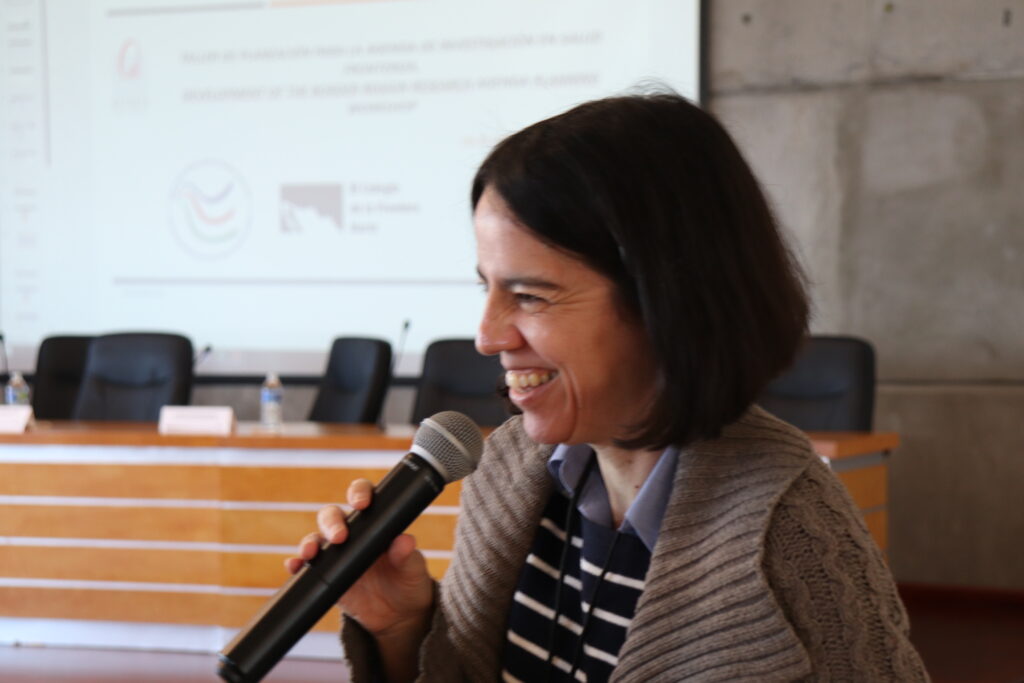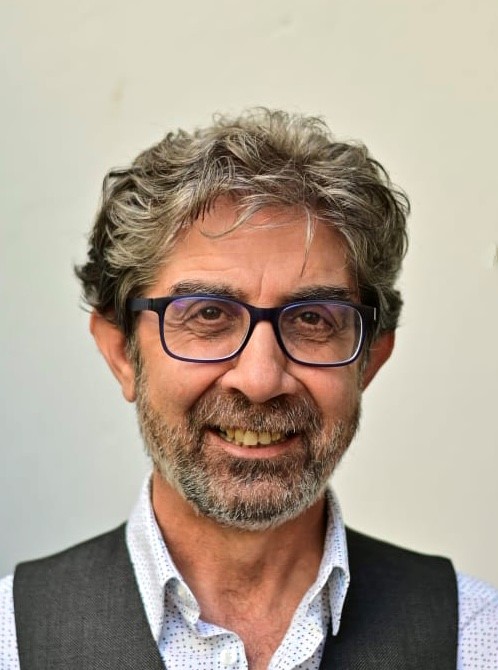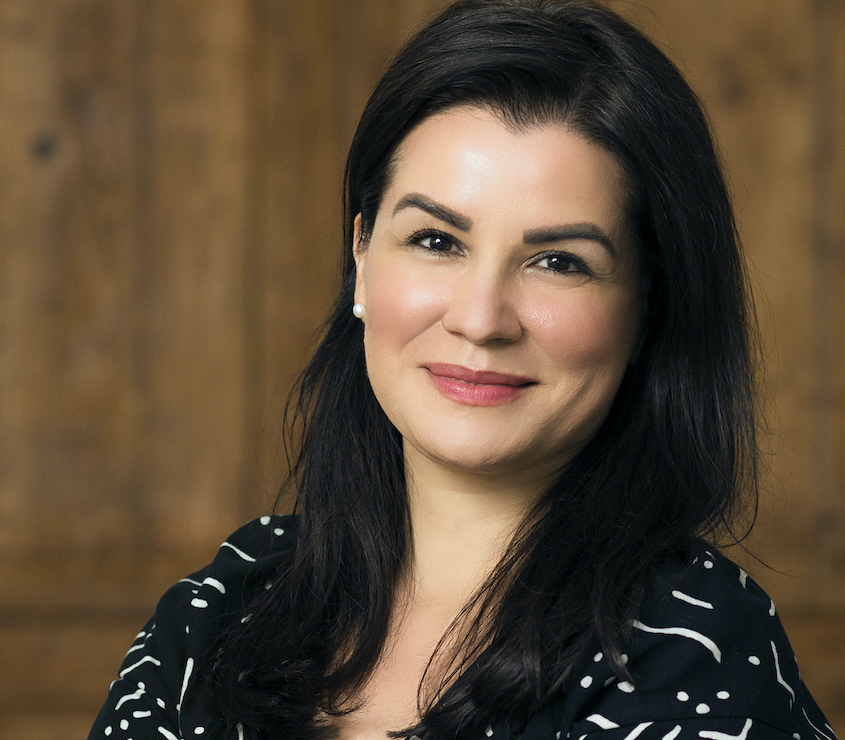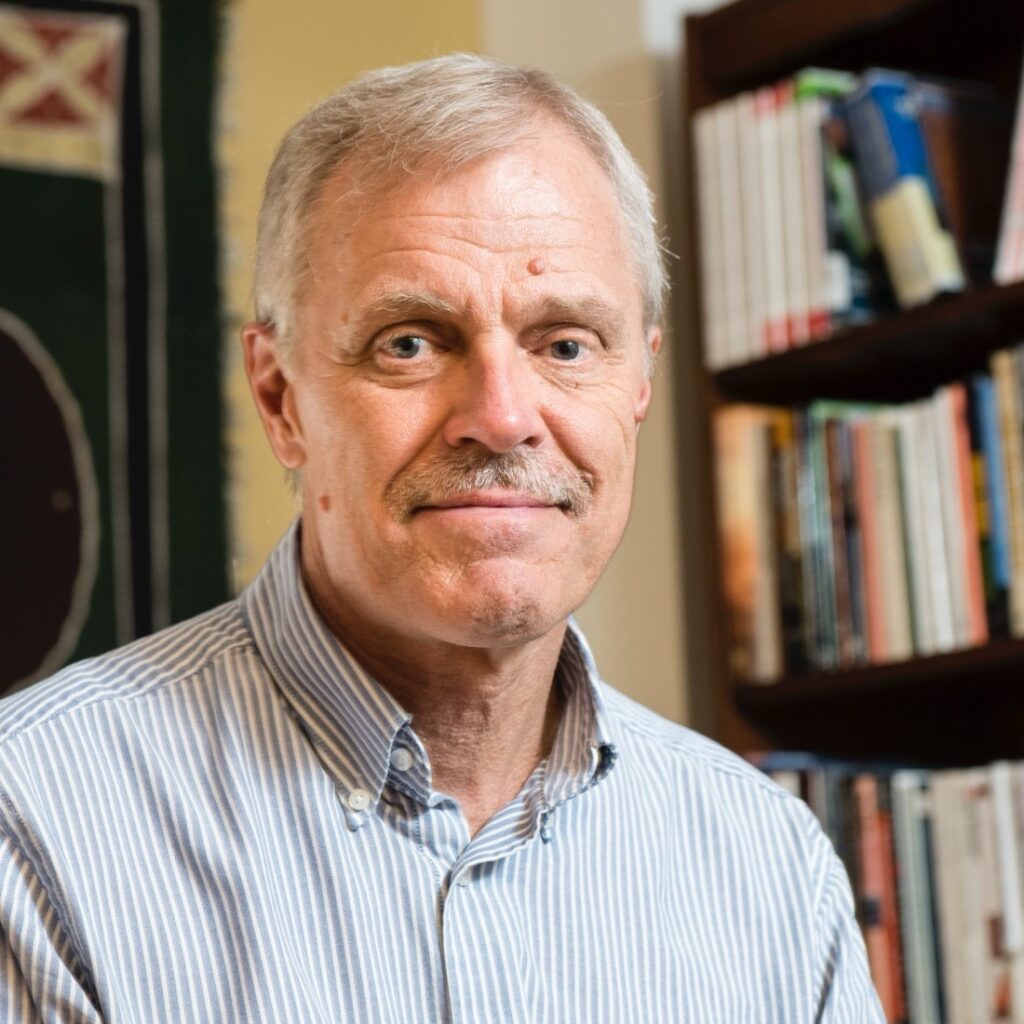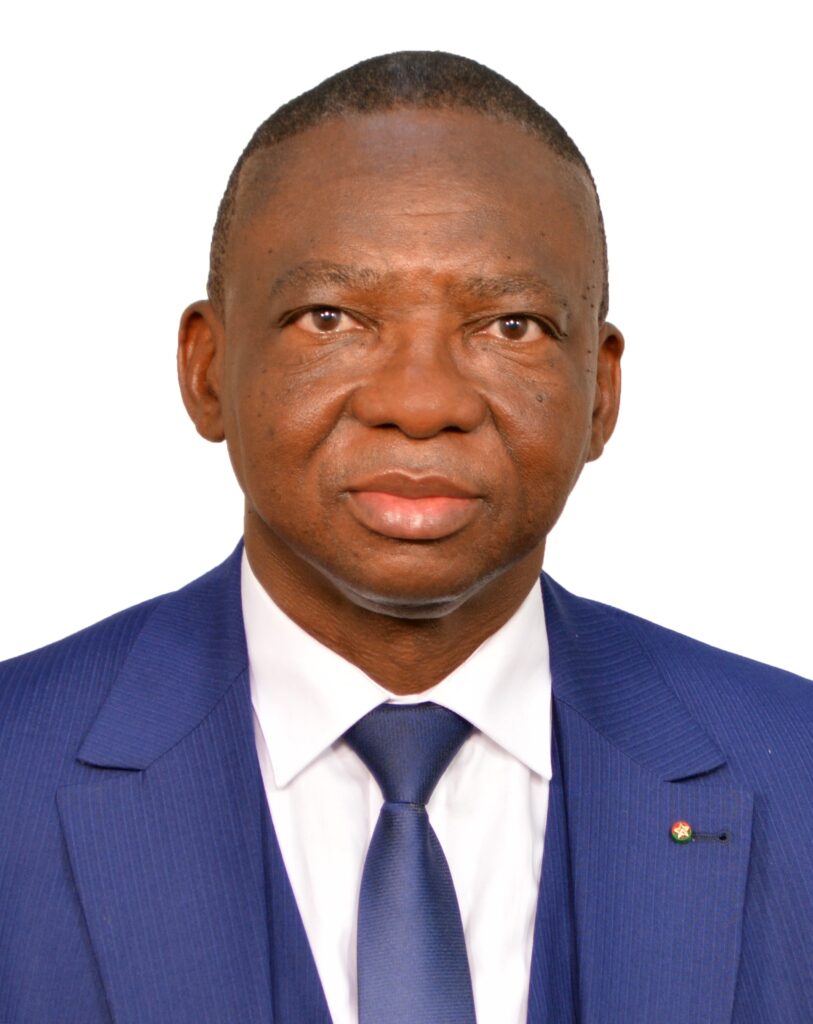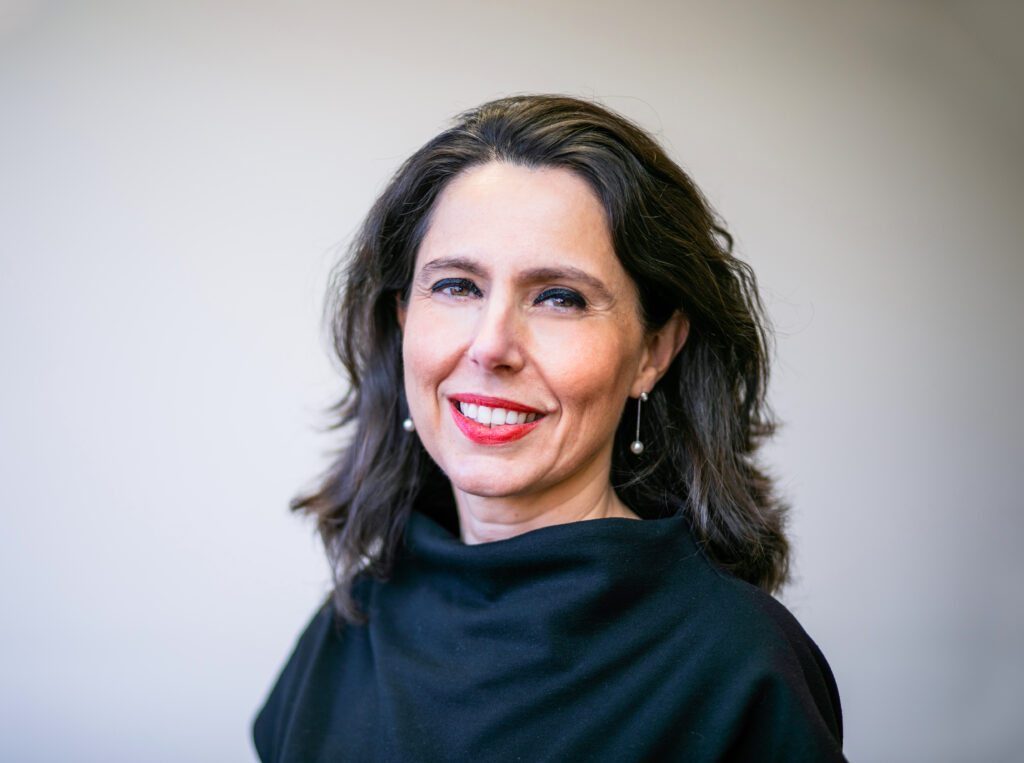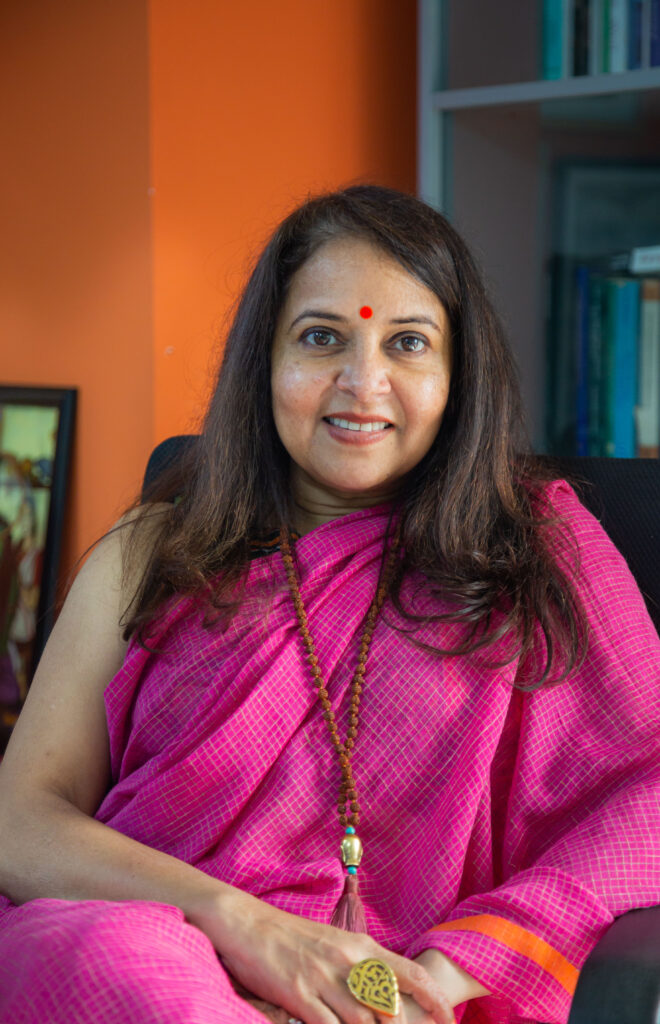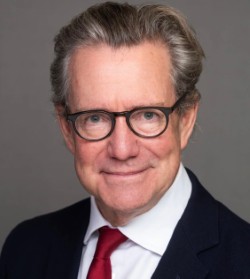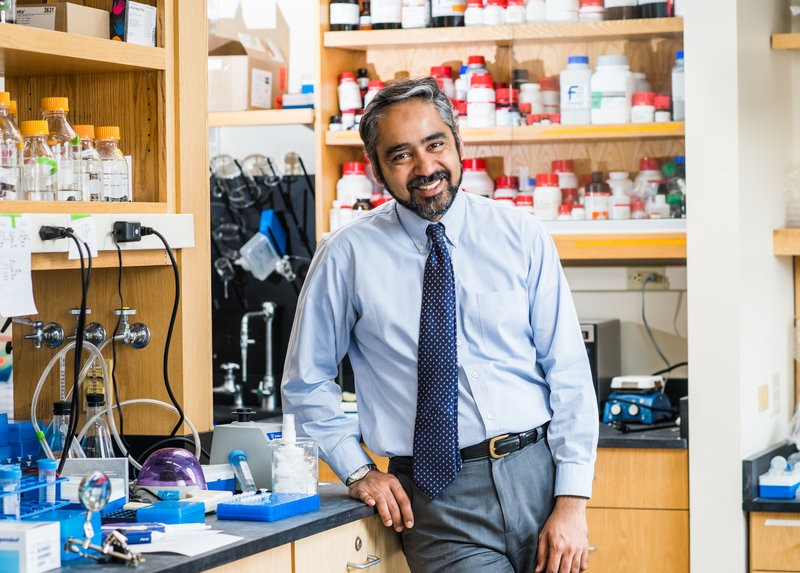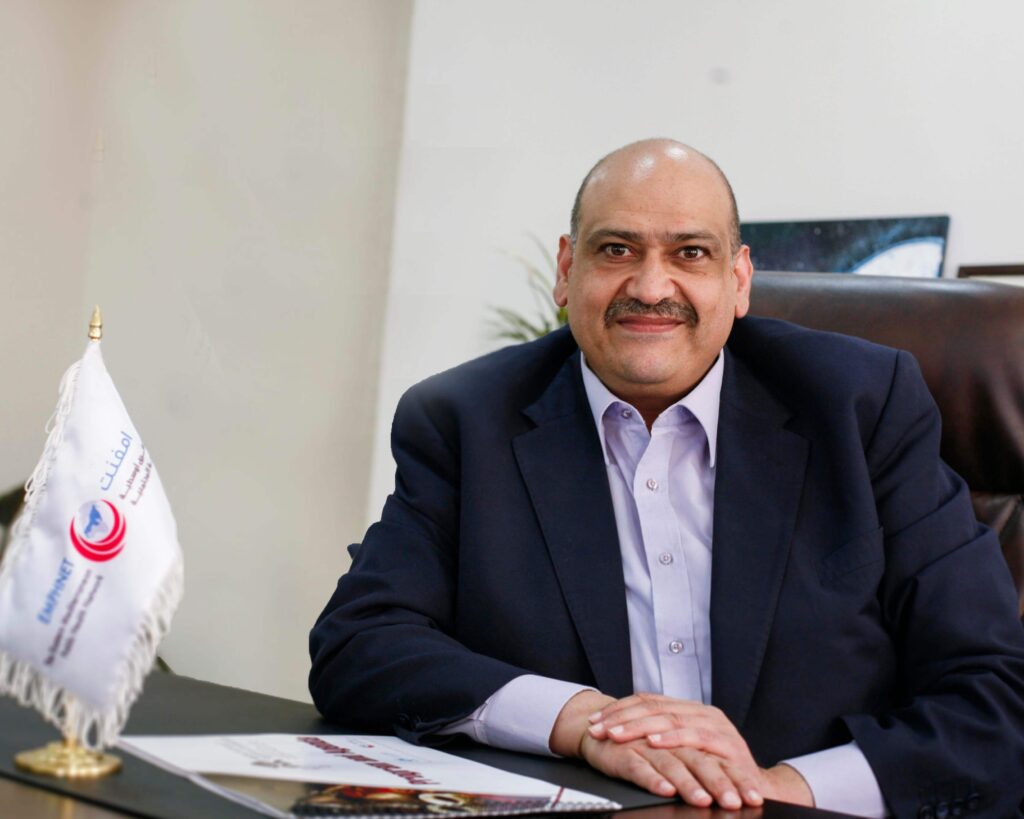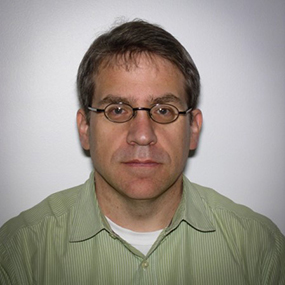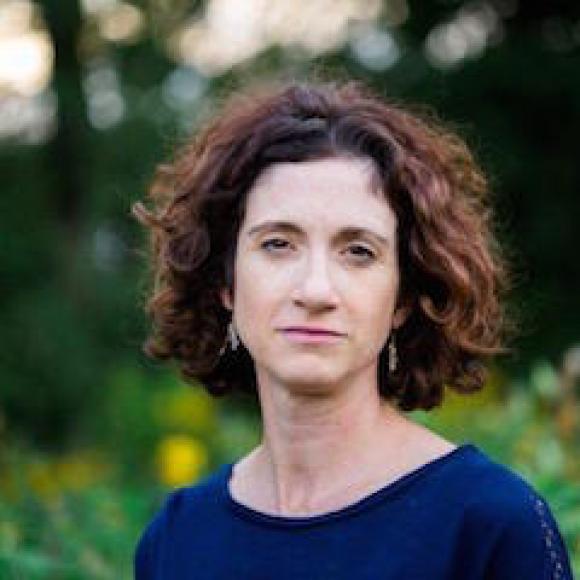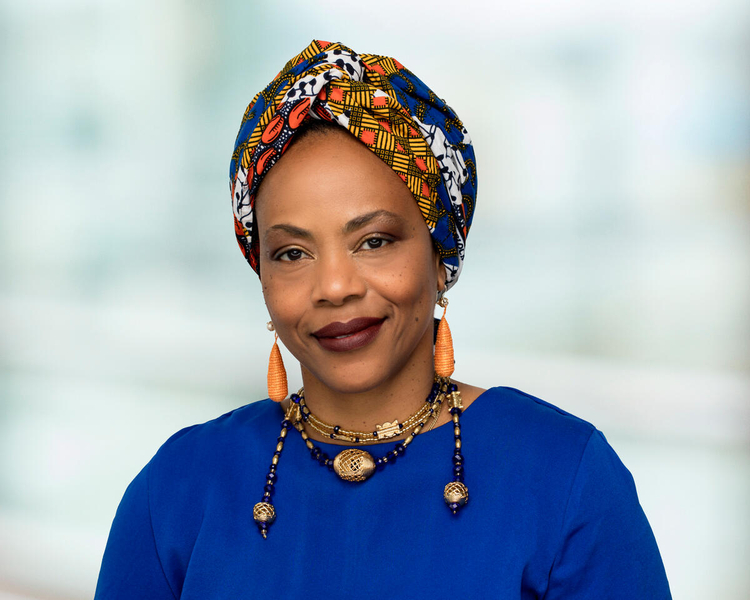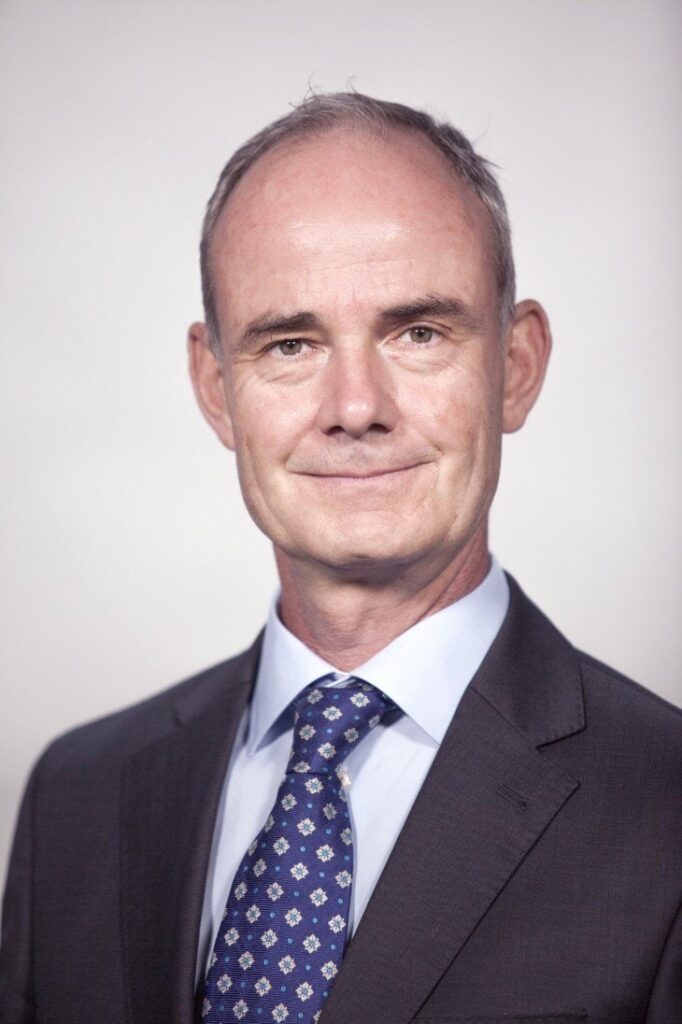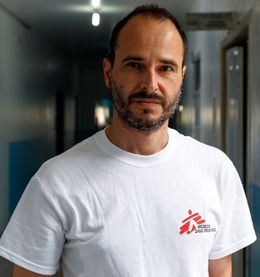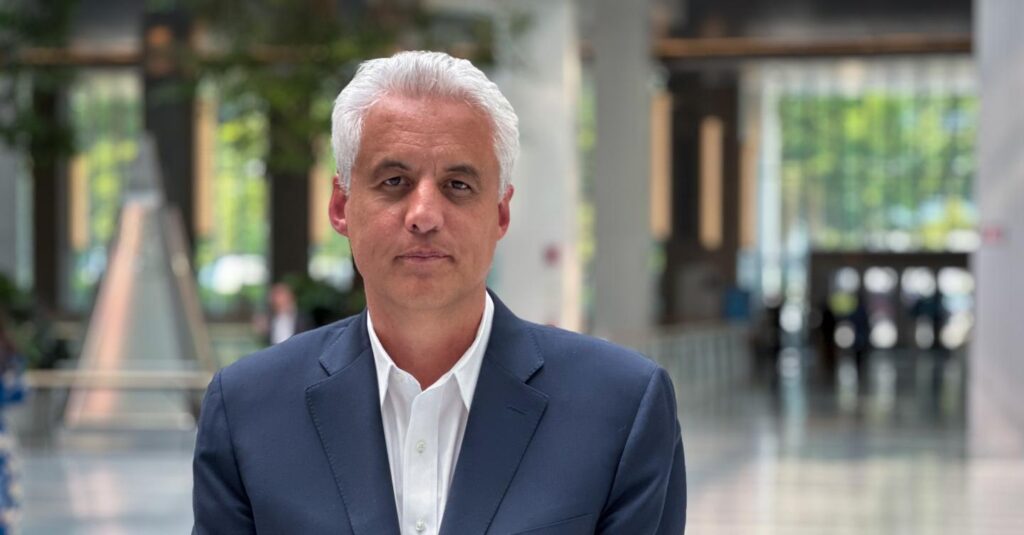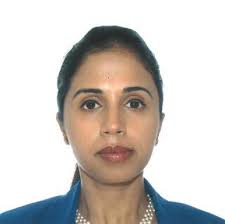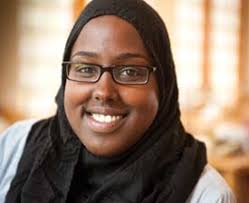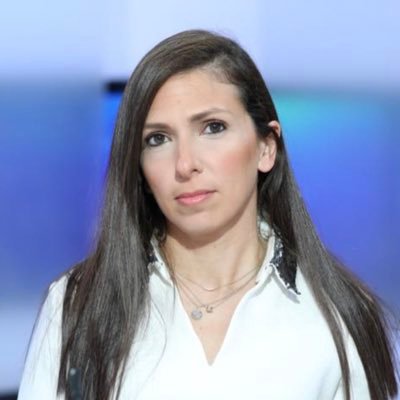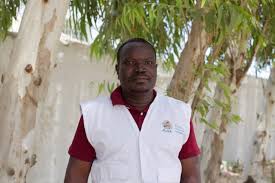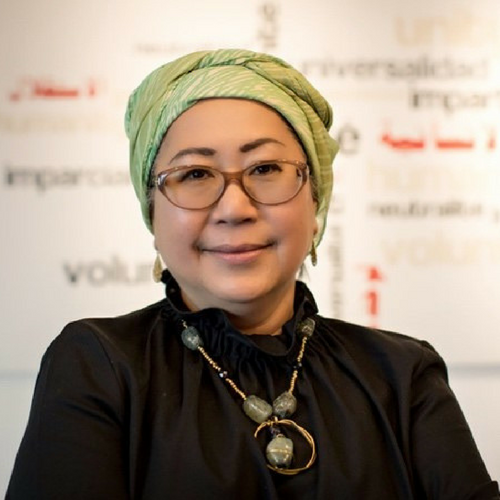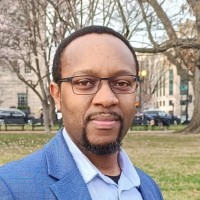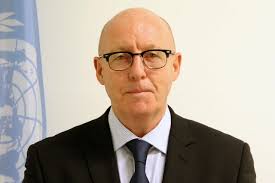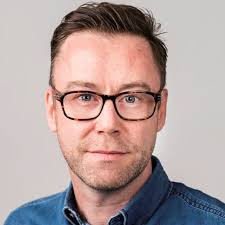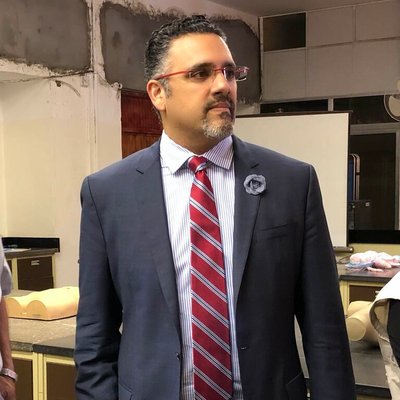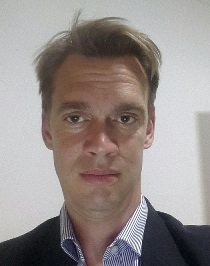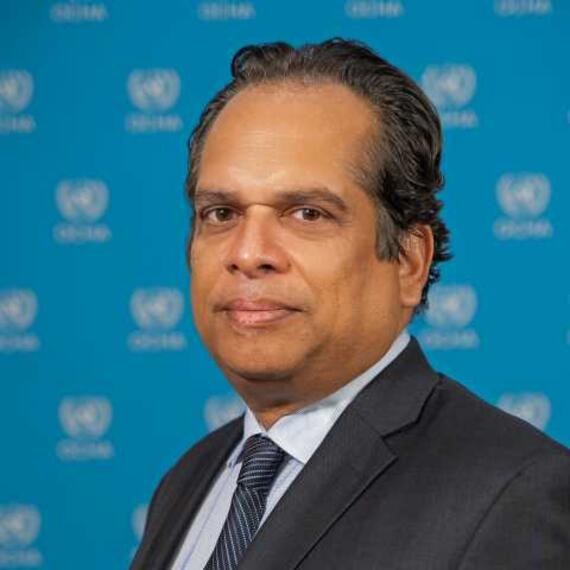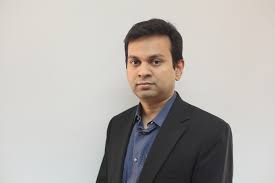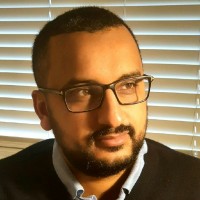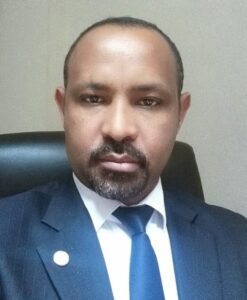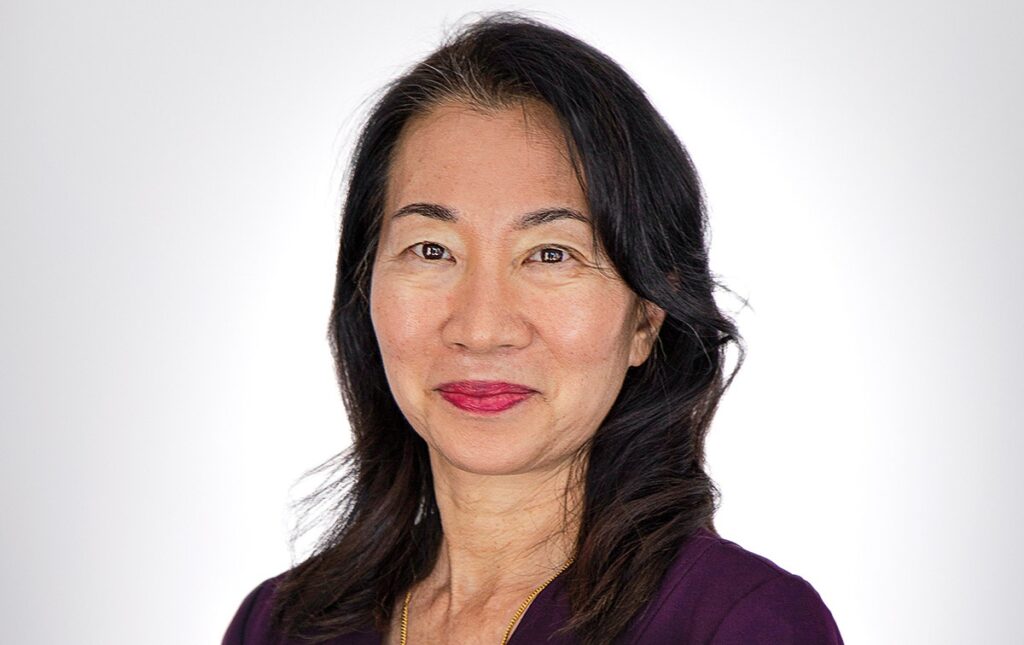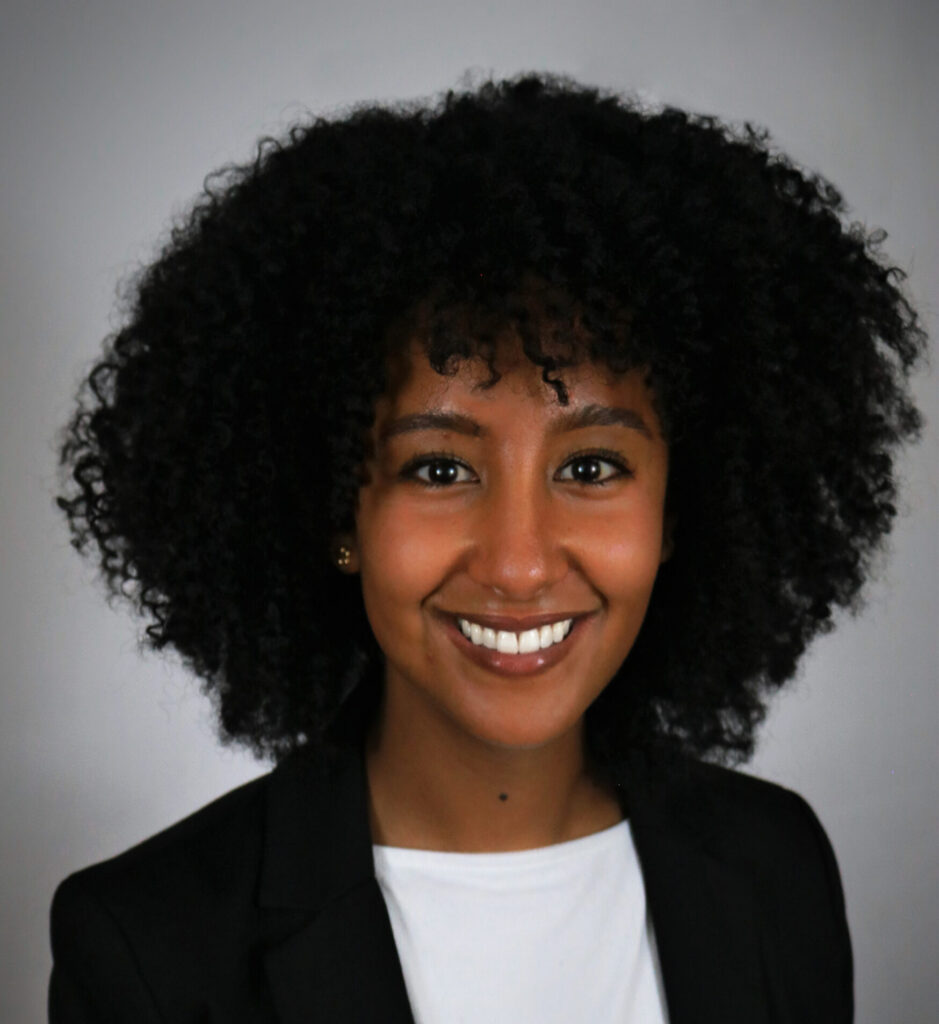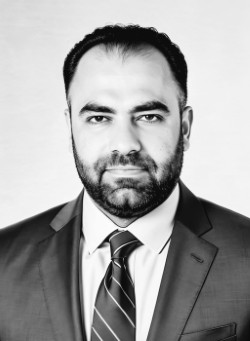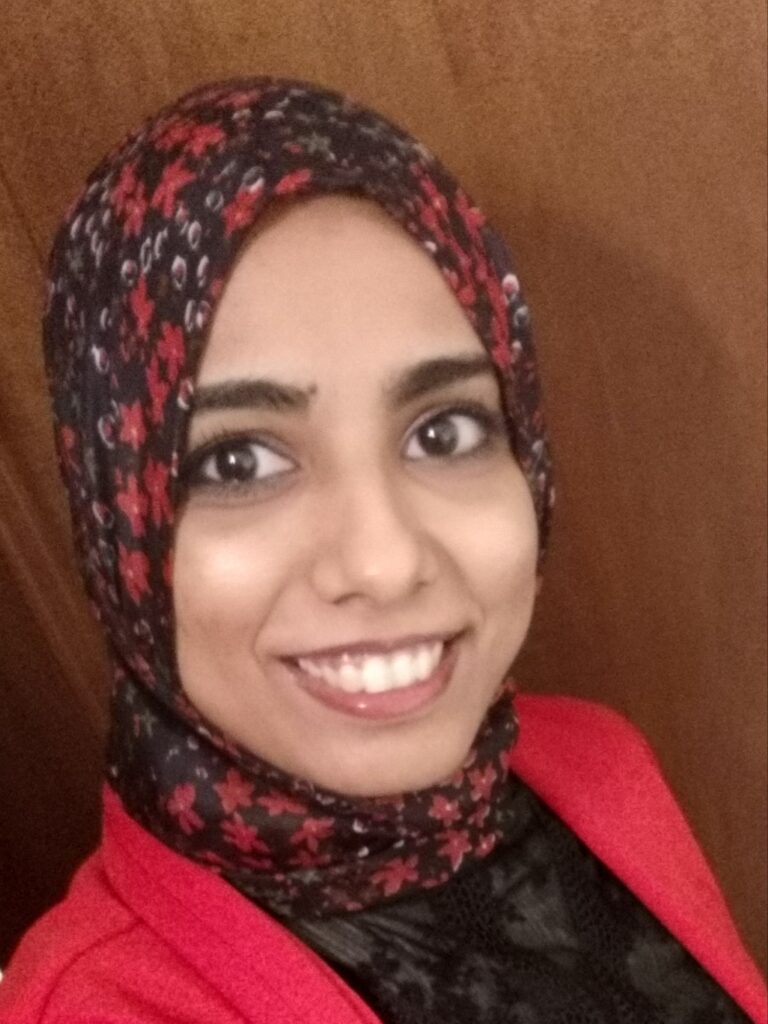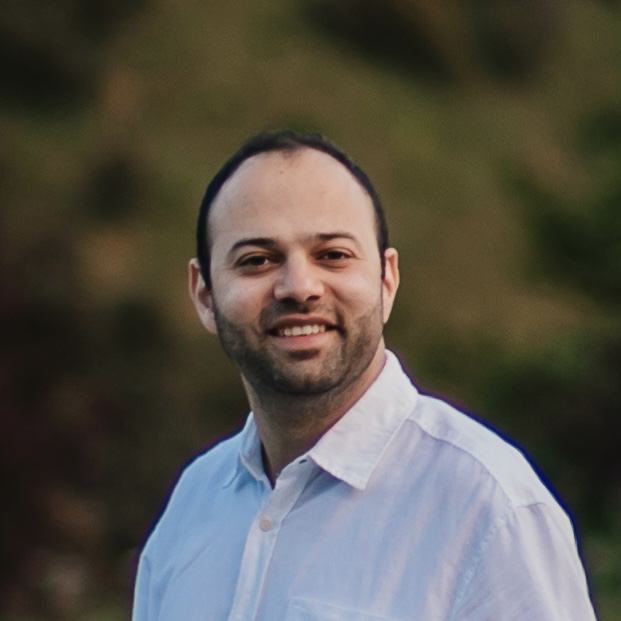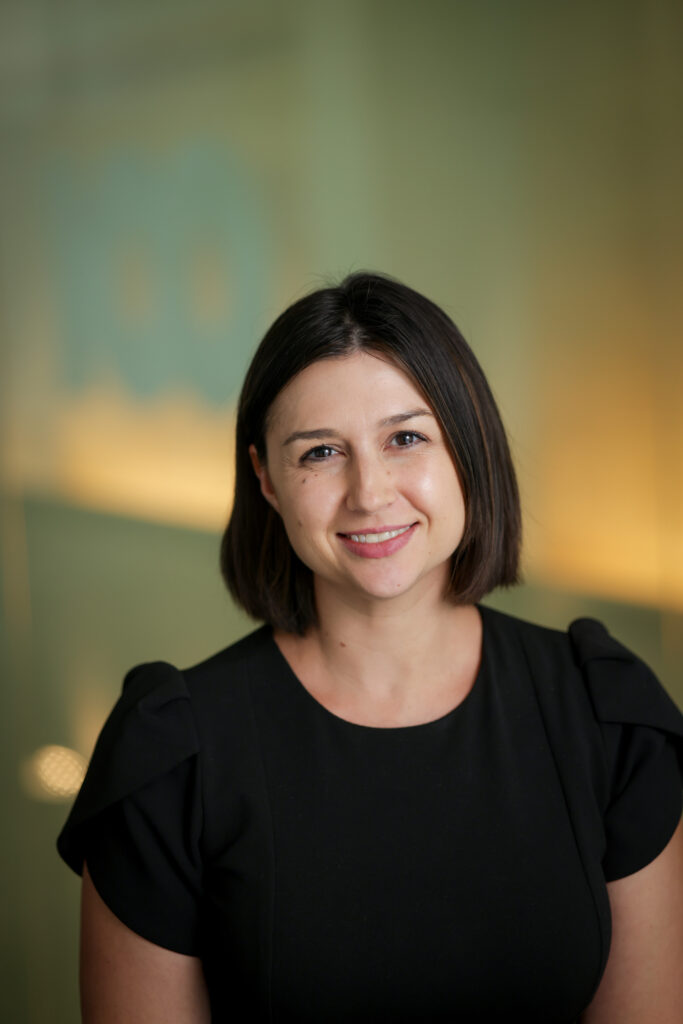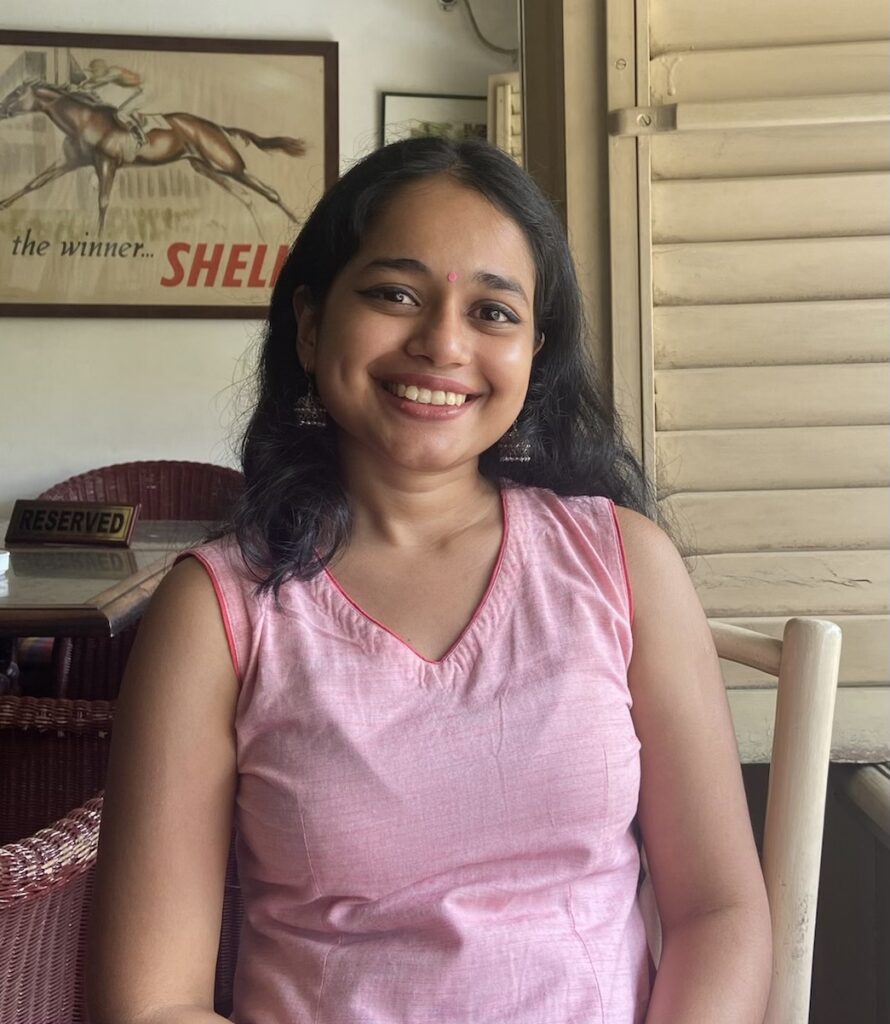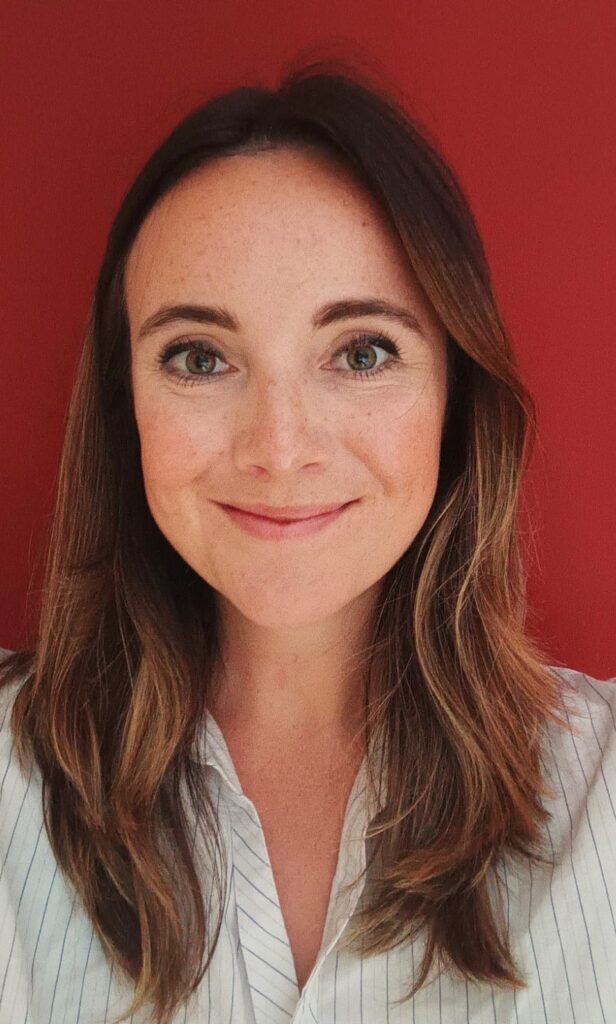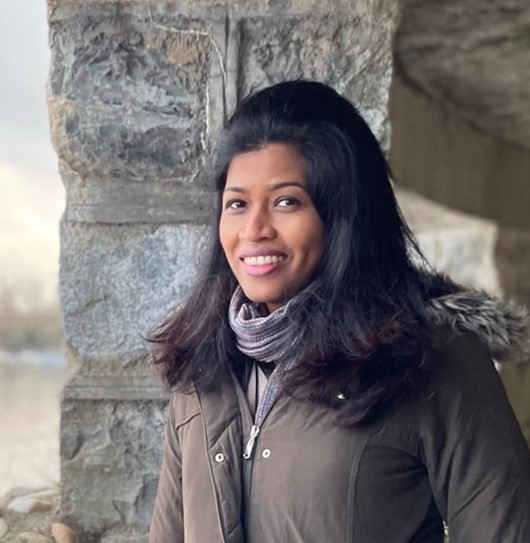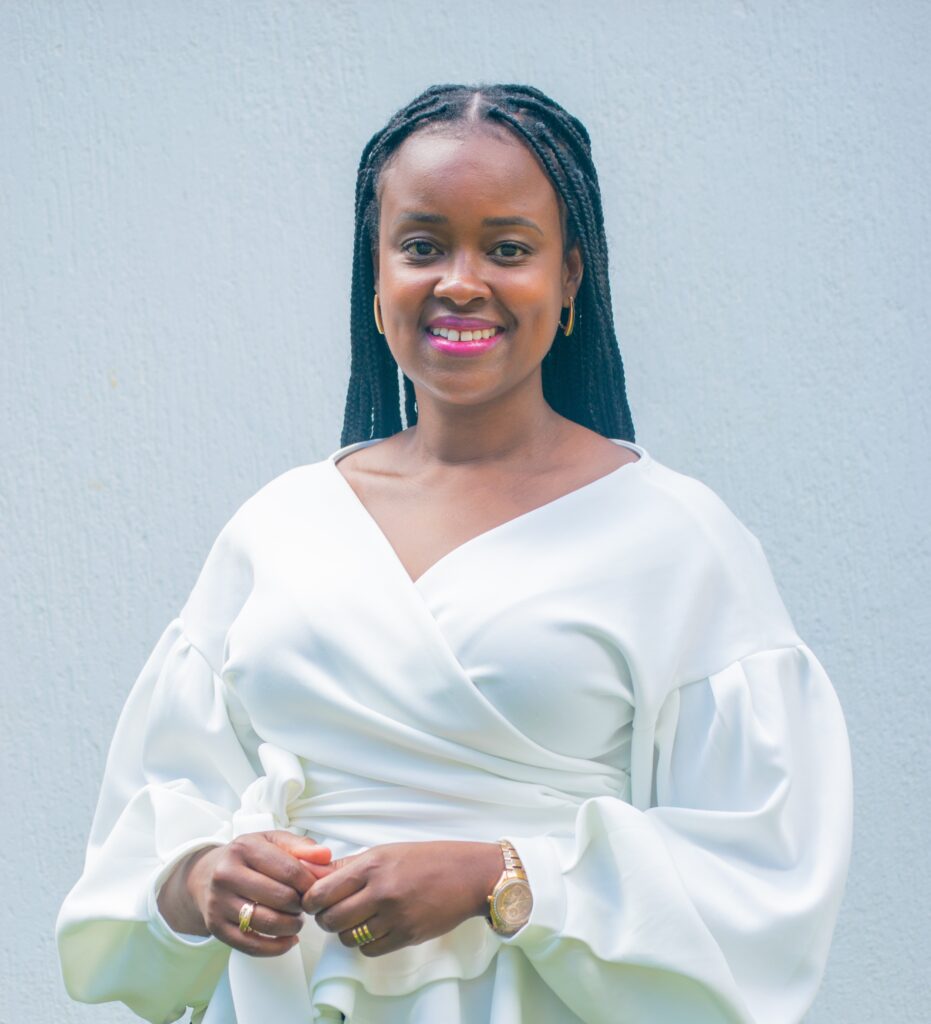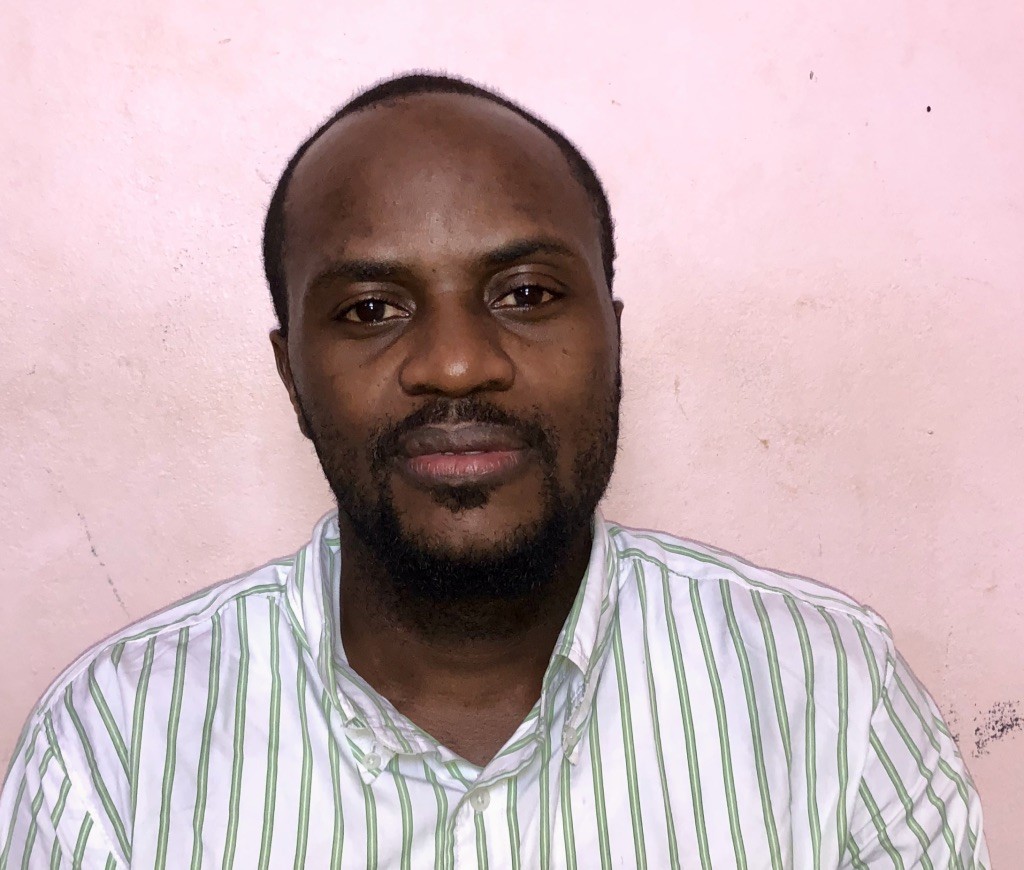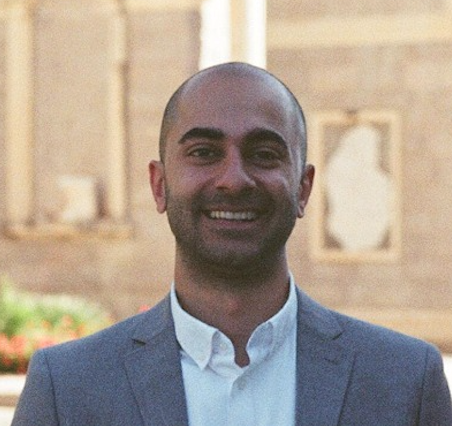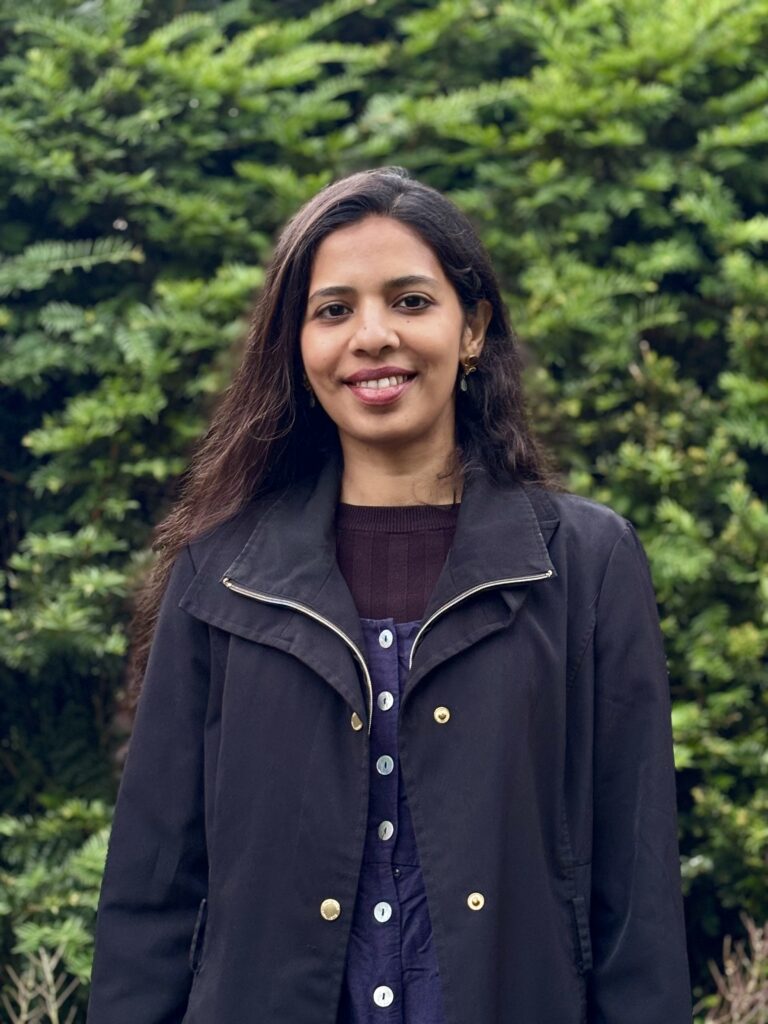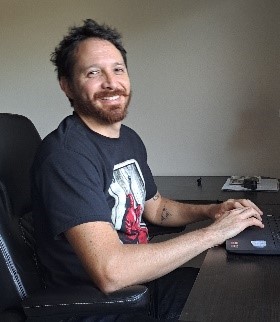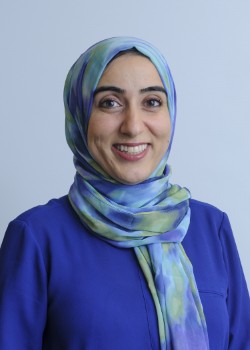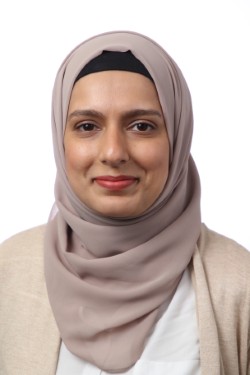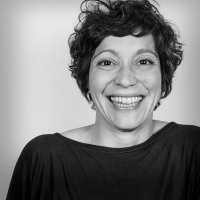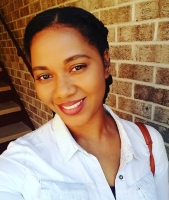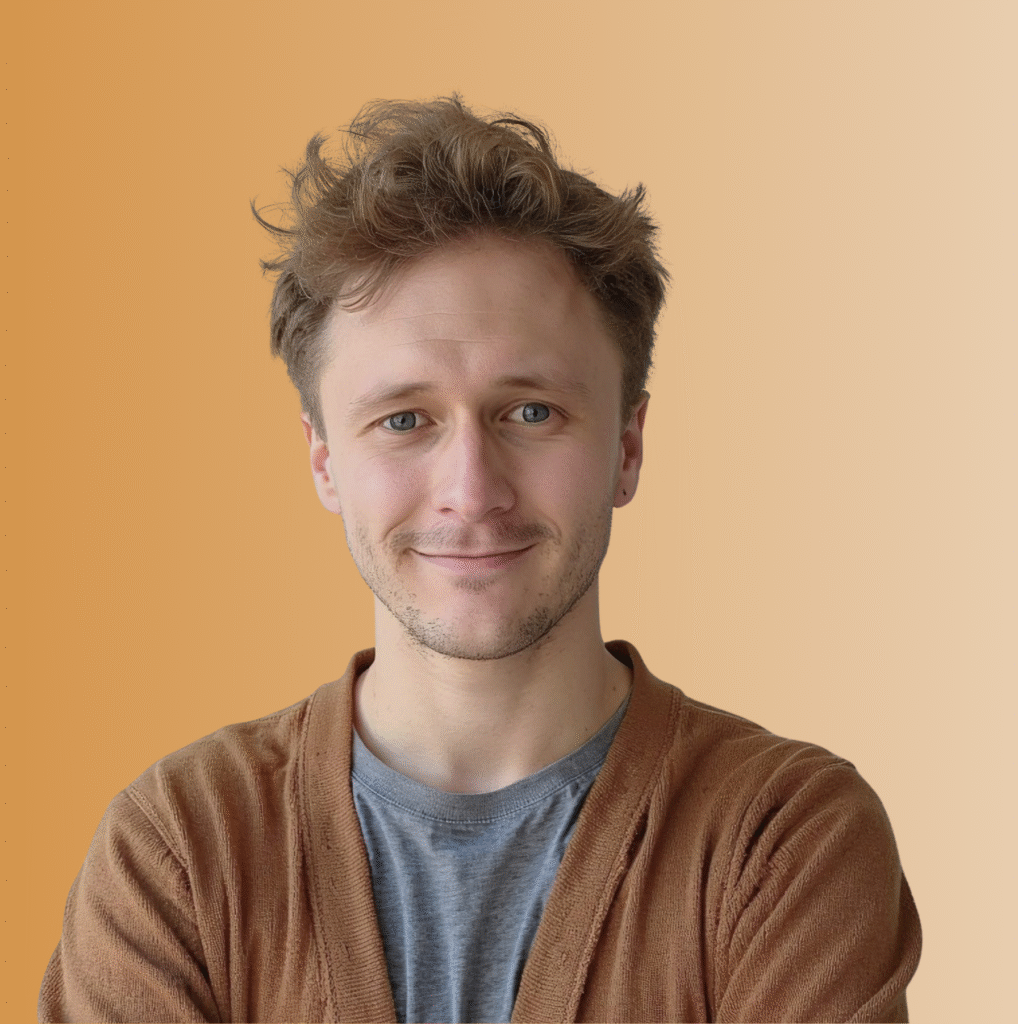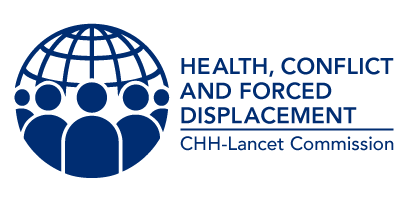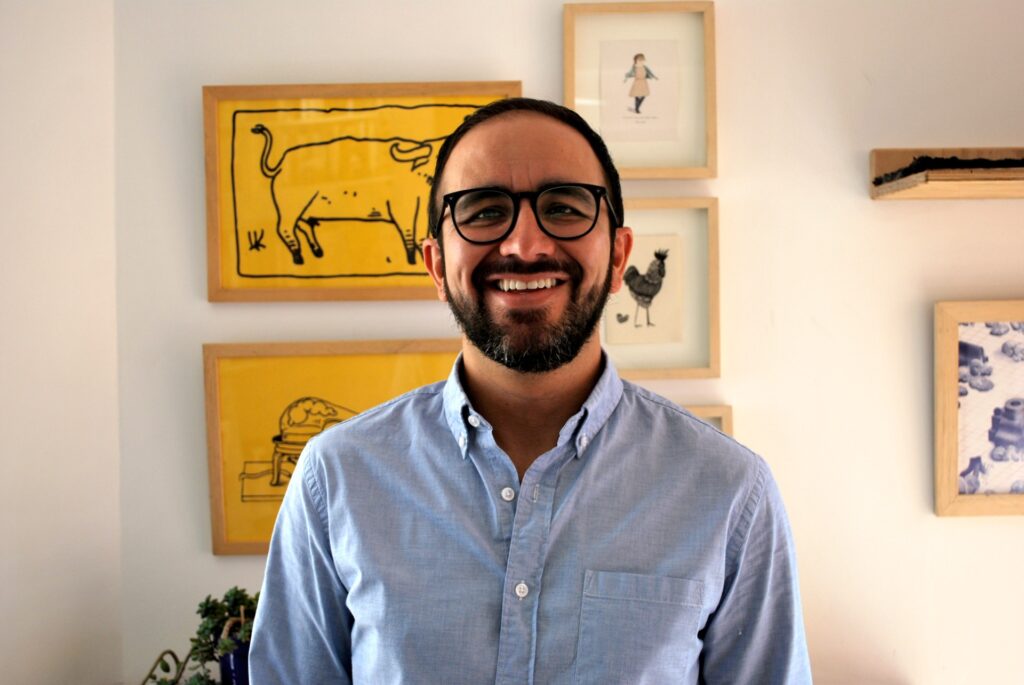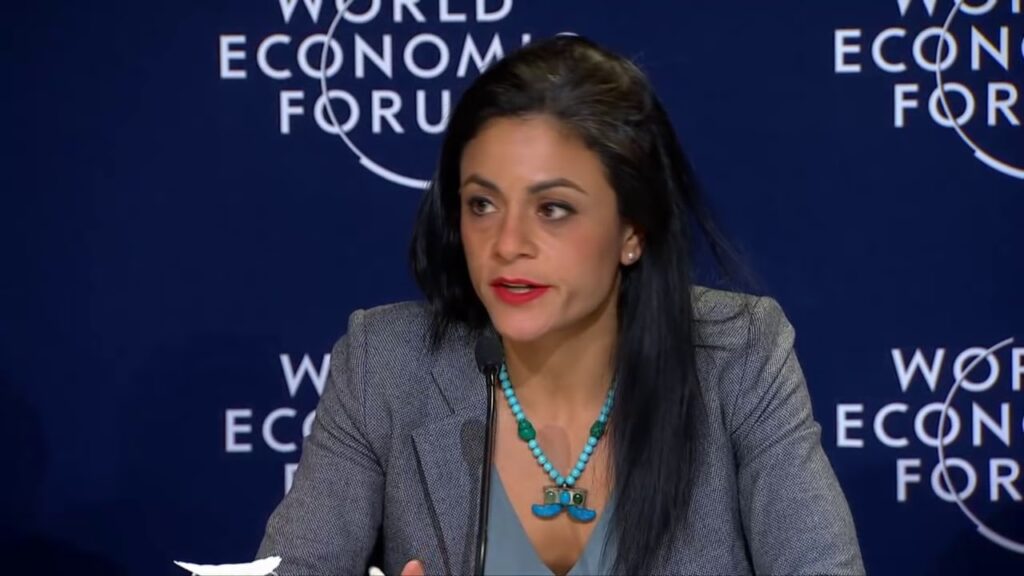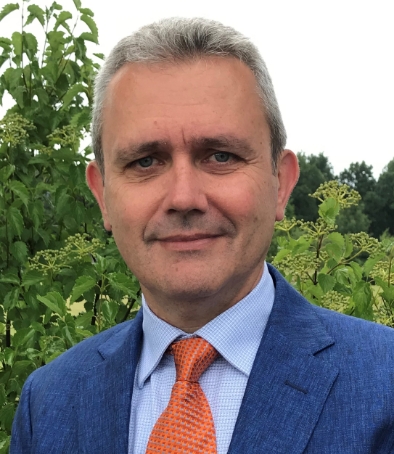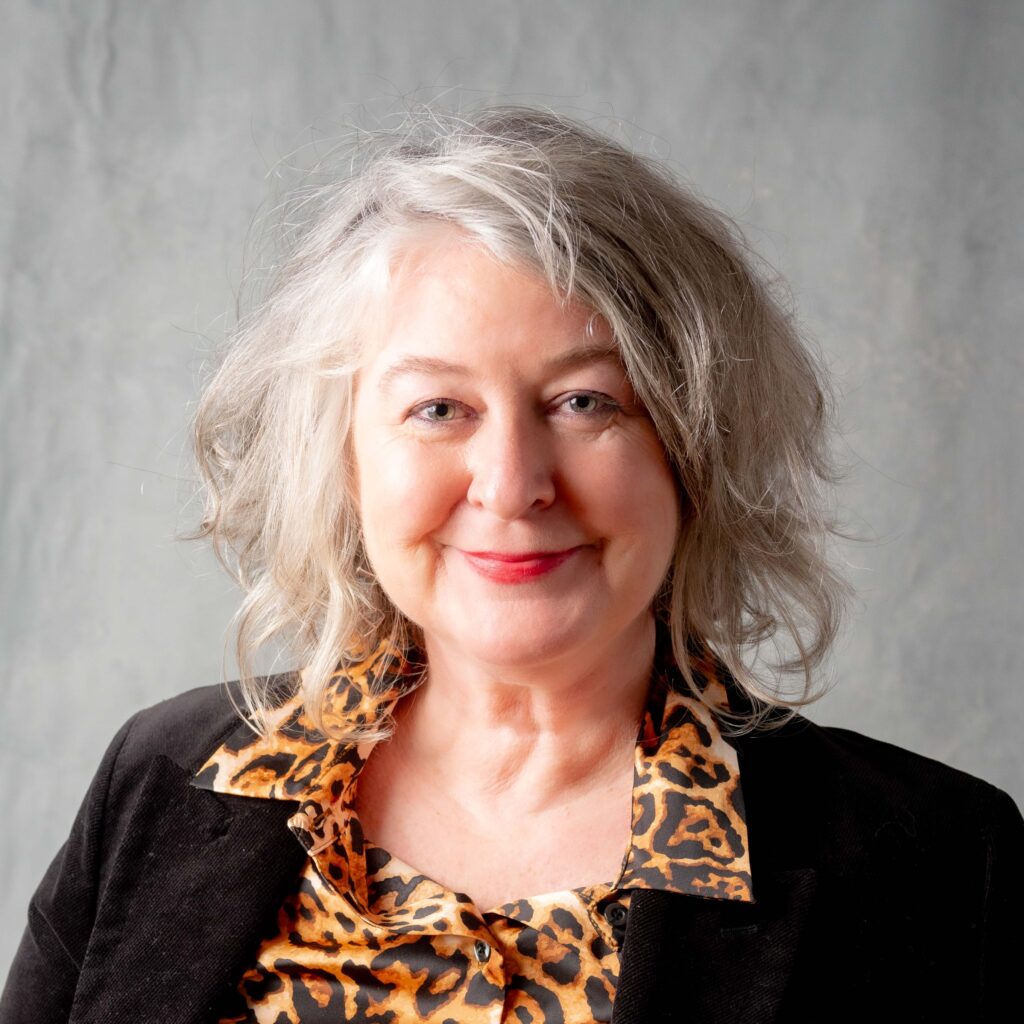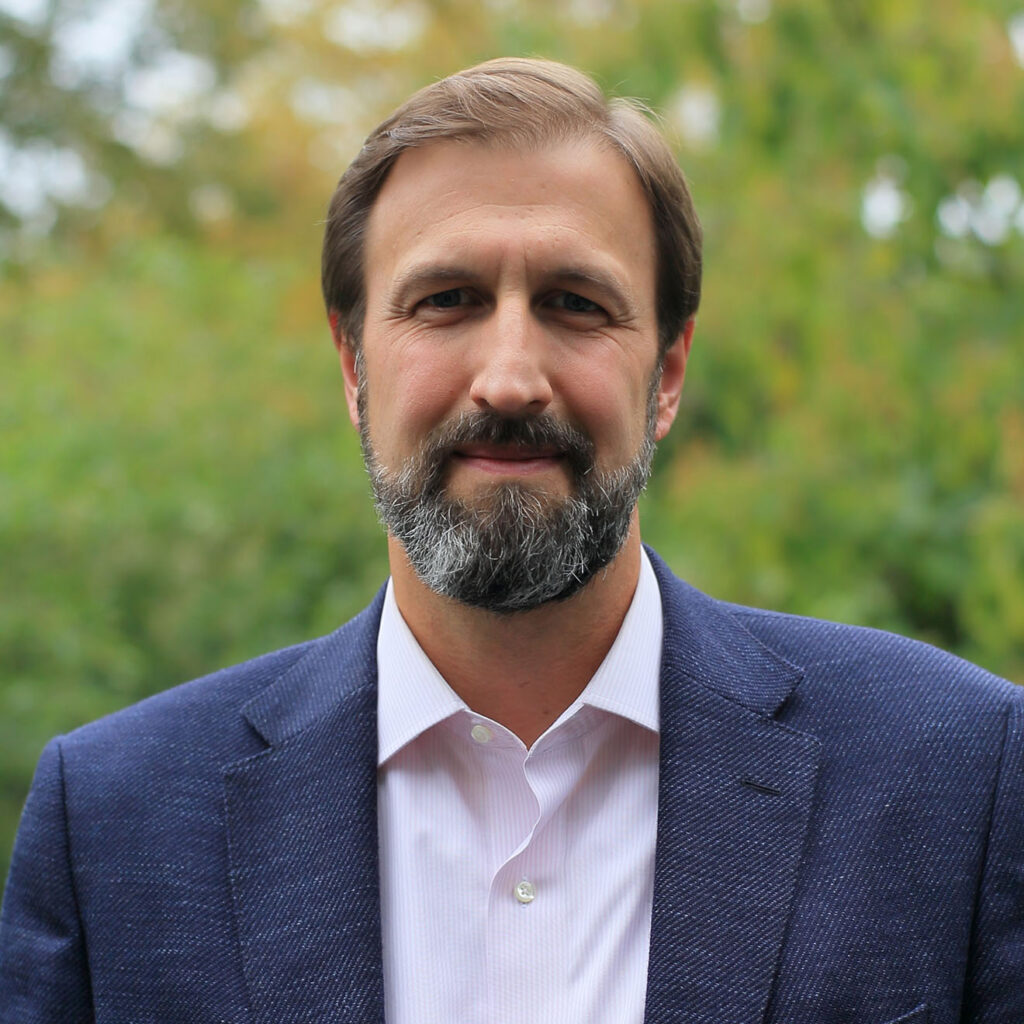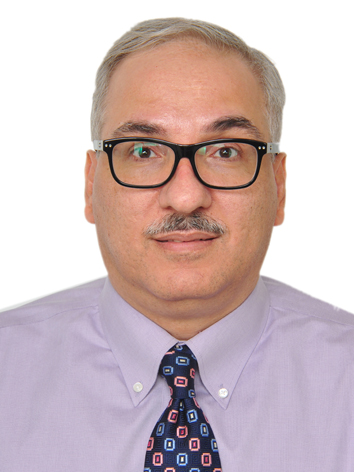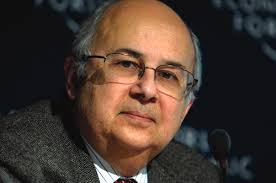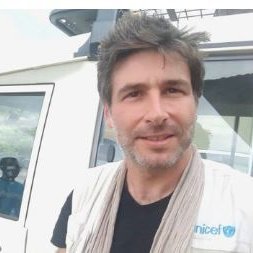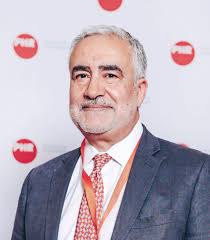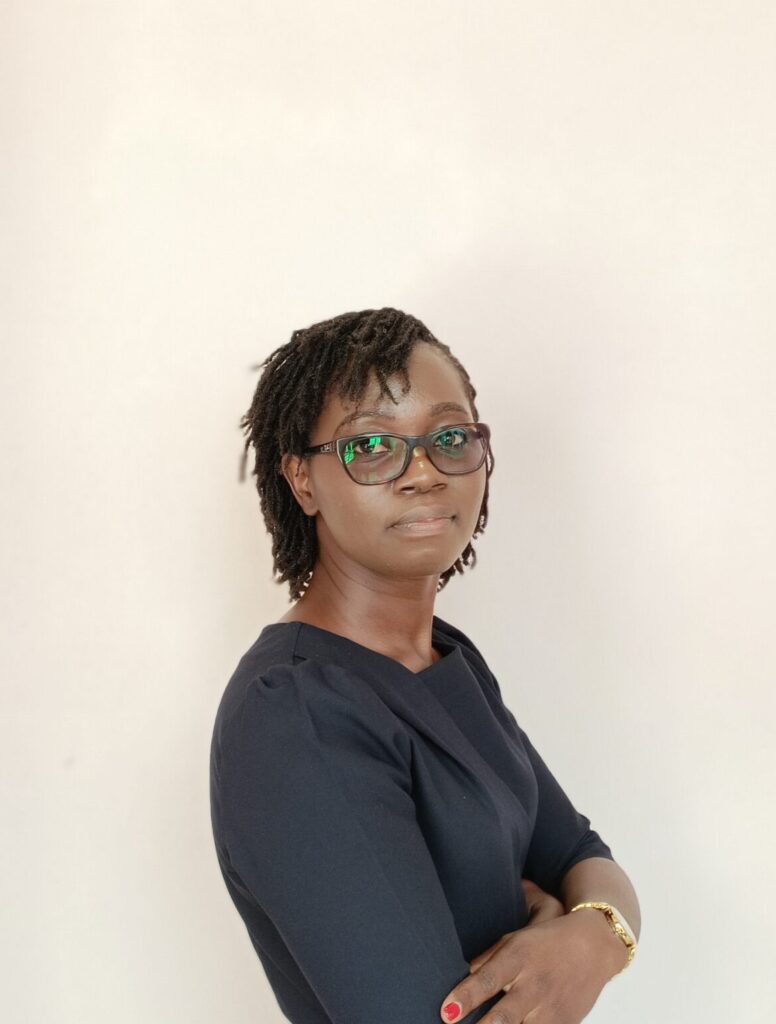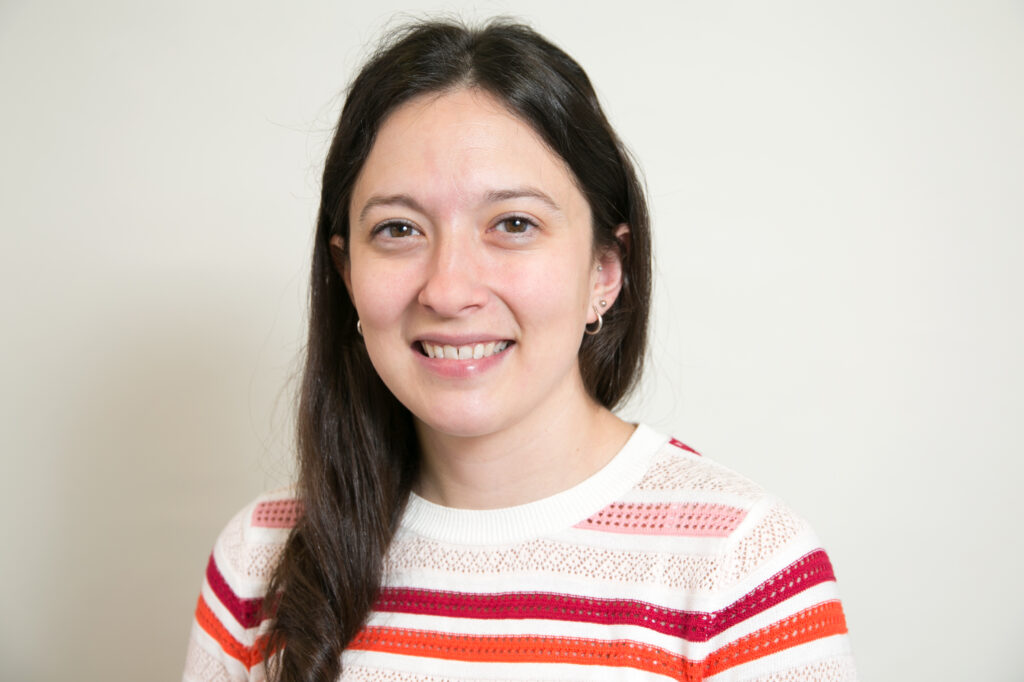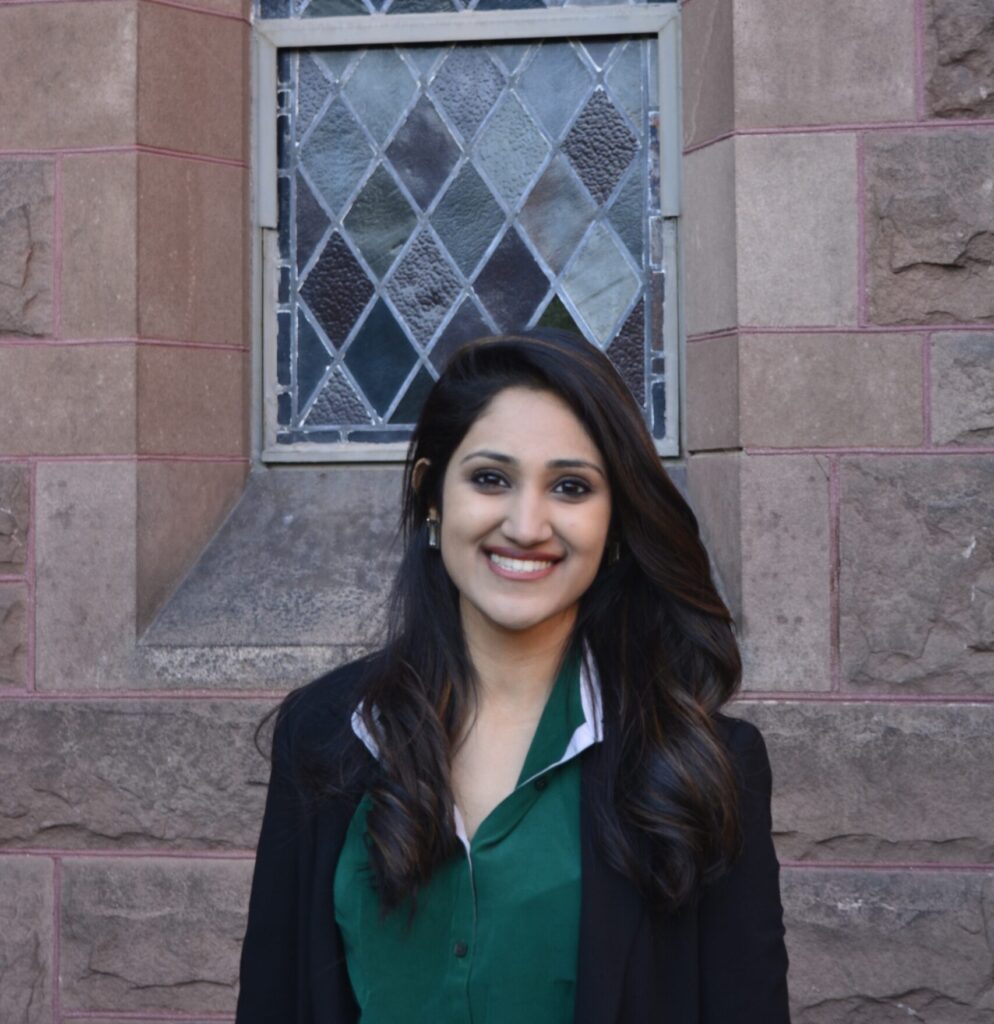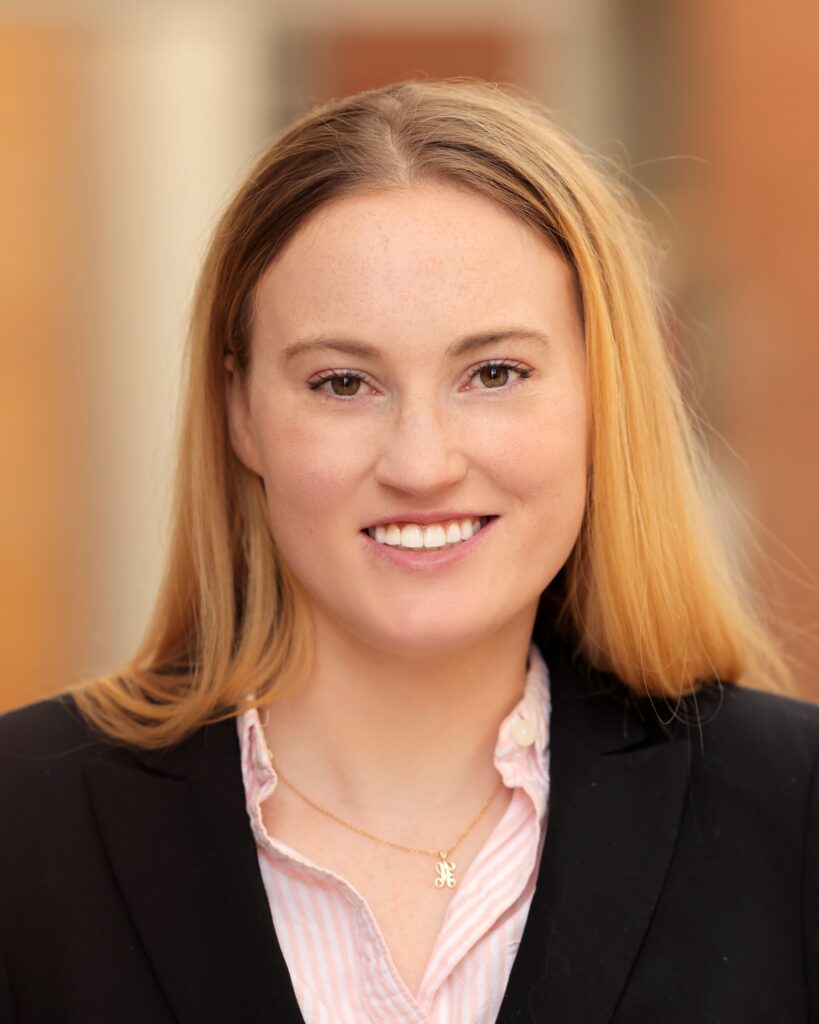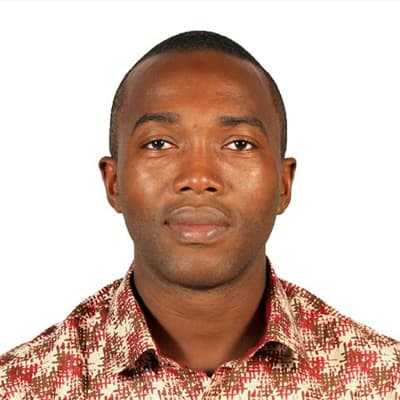Our aims
To rethink and reimagine the strategies, governance, and delivery modes of humanitarian aid by proposing systemic changes and bold recommendations that influence global humanitarian and health agendas, and to encourage collective action. We strive to challenge existing power structures in humanitarian health and beyond and to amplify the voices of under-represented populations in decision-making processes.
Our approach
The Commission’s approach will be rigorous, systematic and multidisciplinary, involving a diverse range of voices from both the global South and North, from displaced populations and practitioners to researchers, and spanning across disciplines. Its work includes:
Engagement with Affected Communities : Centering the voices of those directly impacted by conflict and displacement across our efforts.Multidisciplinary Collaboration : Bringing together experts from various fields, including public health, humanitarian aid, law, and policy.Research and Evidence : Conducting primary and secondary research to harness existing efforts and ground the Commission’s recommendations in historic and ongoing initiatives.
Introducing the Commission
The Lancet Commission on Health, Conflict, and Forced Displacement was established as a collaboration between the Johns Hopkins Center for Humanitarian Health and The Lancet . Launched in early 2024, its purpose is to tackle the rising number of deaths due to conflict and the unprecedented scale of forced displacement globally. The initiative brings together a diverse assembly of 21 commissioners and an equal number of NextGen scholars, representing low-, middle-, and high-income nations. The Commission receives funding from the Bill & Melinda Gates Foundation and the Commission des Affaires Humanitaires et Coopération Internationale. Any funds received directly support the work of the Commission and do not go to The Lancet Group. The final Commission report is expected to be published by early 2026.
Chair & Co-Chairs
Director of the Johns Hopkins Center for Humanitarian Health and Distinguished Professor of the Practice at the Johns Hopkins Bloomberg School of Public Health
Paul Spiegel
Chair
Director of the Johns Hopkins Center for Humanitarian Health and Distinguished Professor of the Practice at the Johns Hopkins Bloomberg School of Public Health
Dr. Spiegel, a Canadian physician and epidemiologist, is one of the few humanitarians in the world that both responds to and researches humanitarian emergencies and migration. He is the Director of the Johns Hopkins Center for Humanitarian Health and Distinguished Professor of the Practice in the Department of International Health at the Johns Hopkins Bloomberg School of Public Health.
Before Hopkins, Dr. Spiegel was Deputy Director of Program Management & Support and Chief of Public Health at the United Nations High Commissioner for Refugees. He previously worked as a Medical Epidemiologist in the International Emergency and Refugee Health Branch at the Centers for Disease Control and Prevention and as a Medical Coordinator with Médecins Sans Frontières and Médecins du Monde in refugee emergencies.
Dr. Spiegel has published over 230 publications on humanitarian health, migration and human rights. He is the Chair of the CHH-Lancet Commission on Health, Conflict and Forced Displacement, co-chair of Lancet Migration, and Co-Technical Director of EQUAL. Dr. Spiegel’s extensive experience in leading humanitarian responses in the United Nations and with non-governmental organizations combined with his academic work has made him a global leader in bridging operations and academia in humanitarian health
Professor in Humanitarian Public Health at the University of Geneva and the Director of the Geneva Centre of Humanitarian Studies
Karl Blanchet
Co-chair
Professor in Humanitarian Public Health at the University of Geneva and the Director of the Geneva Centre of Humanitarian Studies
Professor Karl Blanchet is a Professor in Humanitarian Public Health at the Faculty of Medicine, University of Geneva and the Director of the Geneva Centre of Humanitarian Studies.
Professor Blanchet’s research focuses on system resilience and health systems issues in global health, specifically in post-conflict and conflict-affected countries. He has developed innovative research approaches based on complexity science and system thinking. Karl is also developing a priority package of essential health services for countries like Afghanistan and, more generally, for humanitarian crises. Karl Blanchet was one of the coPI of the Lancet Series on Women’s and Children’s Health in Conflict Settings, he is the co-Chair of the CHH-Lancet Commission on Health, Conflict, and Forced Displacement and of the Lancet Migration Europe. Karl is also the coPI of the PULSE study focusing on community engagement during vaccination programmes in Nigeria and Ethiopia and the PI of the Senselet study in Ethiopia on diabetes and hypertension in Ethiopia. Karl is the Academic Director of InZone, a University of Geneva academic project offering university courses for refugee populations.
Before joining the University of Geneva, Professor Blanchet worked in health systems research at the London School of Hygiene and Tropical Medicine since 2010 and was the co-founder and co-director of the Health in Humanitarian Crises Centre. He is further one of the academic leads of the MOOC on Operational Research for Humanitarians and gave an LSHTM TED Talk on health systems and complexity.
Head and Professor of Practice in Health and Human Security at the Australian National University
Esperanza Martinez
Co-chair
Head and Professor of Practice in Health and Human Security at the Australian National University
Dr. Martinez is a Professor and Head of Health and Human Security at The Australian National University. In her role she fosters transdisciplinary collaboration to address challenges affecting people and systems at national, regional, and global levels.
Before joining ANU, Dr. Martinez worked with the International Committee of the Red Cross (ICRC) in Geneva for eight years. She led essential healthcare services for populations affected by armed conflict and violence in over 80 countries and directed responses to complex crises, including the COVID-19 pandemic and the humanitarian crisis in Ukraine.
A trained medical doctor and general surgeon from Colombia, Dr. Martinez holds specializations in International Public Health and Health Management from Australia. With over a decade of fieldwork in conflict-affected regions, she is dedicated to advancing global health leadership, evidence-based crisis management, and impactful humanitarian action.
Senior Associate and Technical Director with the Population Council’s International Programs Division
Chi-Chi Undie
Co-chair
Senior Associate and Technical Director with the Population Council’s International Programs Division
Chi-Chi Undie is a Senior Associate and Technical Director with the Population Council’s International Programs Division. Her research focuses primarily on sexual and gender-based violence (SGBV) against women and children, as well as on girls’ education. For over a decade, she directed the Population Council-led ‘Africa Regional SGBV Network’—a multi-country, multi-partner SGBV response, research, and research uptake initiative in the East, Horn, Great Lakes, and Southern regions of Africa. Her research and evidence-informed advocacy efforts have influenced policy and practice in the region, leading to the passage of regional resolutions around the adoption of the Network’s SGBV responses into health, police/legal, and education sectors, and to continued regional uptake of evidence-based interventions developed under the Network.
She is the inaugural Board Chair of the Sexual Violence Research Initiative (SVRI) and a Together for Girls board member. An International Advisory Board member of the What Works to Prevent Violence – Impact at Scale program, she currently directs two five-year, regional, FCDO-funded research consortia in the Africa region – one centered on sexual and reproductive health and rights in refugee settings, and the other on female genital mutilation/cutting. She holds an interdisciplinary doctoral degree in Language, Literacy, and Culture from the University of Maryland.
Commissioners
Consultant in Infectious Diseases and General Internal Medicine and an Honorary Clinical Senior Lecturer at Imperial College, London
Aula Abbara
Commissioner
Consultant in Infectious Diseases and General Internal Medicine and an Honorary Clinical Senior Lecturer at Imperial College, London
Dr Abbara is a consultant in Infectious Diseases/ General Internal Medicine at Imperial College NHS Healthcare Trust, London and an Honorary Clinical Senior Lecturer at Imperial College, London. She works part-time for MSF as an infectious diseases/ malaria advisor. In 2015, she co-founded the Syria Public Health Network, Health Professionals for Global Health and is now the research lead for the Syrian American Medical Society.
She teaches on the Global Health BSc and leads the Global Health Challenges module of the Masters in Public Health at Imperial College. She has consulted for WHO, UN ESCWA and EU on various projects which relate to health systems and the healthcare workforce. She undertakes humanitarian and conflict research, mainly related to attacks on healthcare and communicable diseases.
Professor in the department of Civil and Environmental Engineering/German Jordanian University (GJU)
Arwa Abdelhay
Commissioner
Professor in the department of Civil and Environmental Engineering/German Jordanian University (GJU)
Arwa Abdelhay has been a professor in the Department of Civil and Environmental Engineering/German Jordanian University (GJU) since 2010. She holds a PhD in chemical engineering from the University of Grenoble/France and a professional diploma in Humanitarian WASH from IHE Delft University/Netherlands. Prof. Abdelhay served as the dean of the School of Natural Resources Engineering from Sept. 2019 to Sept. 2021.
Prof. Abdelhay has been involved in several internationally funded projects as a coordinator, consultant and team member. She served as a coordinator of the “Humanitarian Master Degree in Water, Sanitation, and Hygiene WaSH” Project funded by BHA/USAID and UNICEF. She is also coordinating a project led by GTO and funded by GFFO on strengthening and transforming humanitarian WASH coordination and capacities to achieve climate-sensitive humanitarian WASH assistance. She is currently a consultant for the development of the new “National Climate Change Health Adaptation Strategy and Action Plan of Jordan”
She is also a member of many international environmental projects such as the “Water Security in Jordan: from Data to Decision” project supported by BMBF, “Integrated Water Resources Management (IWRM)” sponsored by DAAD, “Waste to Positive Energy” funded by GIZ, “Boosting Nexus Framework Implementation in the Mediterranean” funded by PRIMA.
She is currently the co-chair of the water, environment, energy sector committee of the Scientific Research and Innovation Fund and she is also the representative of the MENA region in Sustainable Sanitation Alliance steering Committee. She published more than 25 research papers in international indexed journals.
Research scientist at the Johns Hopkins Center for Humanitarian Health and co-founder of Juba Strategic Consulting
Kemish Kenneth Alier
Commissioner
Research scientist at the Johns Hopkins Center for Humanitarian Health and co-founder of Juba Strategic Consulting
Kemish Kenneth Alier is a research scientist at the Johns Hopkins Center for Humanitarian Health and co-founder of Juba Strategic Consulting, a public health research firm in South Sudan that provides a platform to local researchers and public health practitioners to advance research excellence and impact humanitarian work. Kemish holds an MD from Gulu University and MPH/MBA from Johns Hopkins University, where he was awarded the Peter Salama Refugee Scholarship. His experience spans clinical practice, program management, and research in low-resource and emergency settings, and previously worked with NGOs, UN, and academic institutions.
His research focuses on reproductive, maternal, and child health, infectious diseases, nutrition, and health emergencies among conflict-affected and displaced populations in South Sudan, Uganda, Somalia, Ethiopia, and Malawi. Originally from South Sudan, Kemish’s childhood experiences as a refugee in Uganda have informed his dedication to improving health outcomes in conflict-affected regions.
Doctor of Medicine, Professor, and Rector of the Catholic University of Bukavu
Ghislain Bisimwa Balaluka
Commissioner
Doctor of Medicine, Professor, and Rector of the Catholic University of Bukavu
Doctor of Medicine from the University of Kinshasa (1993). He completed his Master’s in Public Health (1998-1999) and his Advanced Studies Diploma (2005-2006) at the School of Public Health of the Université Libre de Bruxelles before obtaining his Ph.D. in Health Sciences in July 2012 from the same university. He has been a researcher at the Centre de Recherche en Sciences Naturelles de Lwiro (formerly IRSAC) since 1994 and collaborated with the Medical Center of the Université Libre de Bruxelles on its cooperation activities from 1994 to 2013 in implementing research projects on nutrition and the health system in South Kivu. A former Provincial Medical Inspector for the province of South Kivu, he continues to collaborate with the Ministry of Public Health (DEP-Santé) in the reform of the health system and in the implementation of the ‘basket-fund’ approach at the level of the Provincial Health Divisions (DPS). He is also a member of the Working Group for Vaccine Coverage in the DRC (GTCV). He is Honorary Dean of the Faculty of Medicine at the Université Catholique de Bukavu (UCB) (2013-2019) and Honorary Director of the UCB’s school of public health, the “Ecole Regionale de Santé Publique” (2013-2023). He is currently the Rector of the UCB since May 2023. He is a co-founder of the health knowledge center of the DRC, the “Centre de Connaissance en Santé de la RDC (CCSC). His areas of interest include nutrition, maternal and child health, and the organization of health systems in crisis contexts.”
ORCID number : https://orcid.org/0000-0003-4799-1115
Assistant Vice President of the University of Aden for Academic Affairs and Professor of Community Medicine and Public Health at the University of Aden, Yemen
Huda Basaleem
Commissioner
Assistant Vice President of the University of Aden for Academic Affairs and Professor of Community Medicine and Public Health at the University of Aden, Yemen
Dr. Huda Basaleem is the Assistant Vice President of the University of Aden for Academic Affairs, Director of the Aden Cancer Registry and Research Center, and a Professor of Community Medicine and Public Health at the Faculty of Medicine and Health Sciences, University of Aden, Yemen. She is the Vice President of the Organization for Women in Science for the Developing Countries (UNESCO) and the Secretary General of the Yemeni Women Association for Science & Technology. Dr. Huda also represents Yemen in the Permanent Advisory Committee for Scientific Research and Innovation, Arab League Educational, Cultural, and Scientific Organization.
With over 20 years of experience as a practising physician and public health consultant, Dr. Huda has worked extensively with UN agencies and NGOs, including WHO, UNICEF, UNHCR, IOM, and the World Bank. She specializes in women and child health, nutrition, women empowerment, reproductive health, and gender-based violence. She collaborates with governmental and non-governmental stakeholders to address humanitarian issues in Yemen. An expert at the WHO for the Eastern Mediterranean Countries on NCDs surveillance, she is also a member of the Country Focal Point Bioethics Network on Women’s Issues in the Arab Region.
Dr. Huda has published over 80 research papers in peer-reviewed journals and books from international publishing houses. She is the Editor-In-Chief of the Yemeni Journal of Medical and Health Sciences and an Editorial Board Member of several regional and international journals. She has received numerous awards, including the Elsevier Award in Life Sciences (2013), Best Doctor for the Fight for a Better World in the Arab World (2014), and the TWAS-Fayzah Al-Kharafi Award (2021). She has been ranked the top researcher at the University of Aden for four consecutive years (2021-2024) in the international AD Scientific Index.
Professor-researcher at the Department of Population Studies, El Colegio de la Frontera Norte, Mexico.
Ietza Bojorquez
Commissioner
Professor-researcher at the Department of Population Studies, El Colegio de la Frontera Norte, Mexico.
Dr. Bojorquez holds a Ph.D. in Epidemiology and a MSc in Public Health. Her main research interest is on the social determinants of health, in the areas of migrant health, mental health, health policies and health-related practices.
After graduating from medical school, she worked in health promotion in rural areas in Mexico. From 2007 to 2010 she was Deputy Director of Operations Research in Mexico’s Ministry of Health. Since 2010 she has been a professor-researcher at the Department of Population Studies, El Colegio de la Frontera Norte, Mexico (El Colef). She is a member and co-lead of the board of the Lancet Commission on Migration and Health-Latin America Node, and a member of the Lancet Commission on Health, Conflict and Forced Displacement.
She is currently a co-PI in a pilot study of an intervention to promote migrant mothers’ mental health, a study on migrant women’s sexual and reproductive health, and a study of food insecurity and dietary change during migration, and co-leads an initiative to improve migrants’ access to health care. She leads the Certificate in Mental Health and Psychosocial Support, a joint program of the International Organization for Migration and El Colef.
Professor and founding Director of the Refugee Law Initiative at the School of Advanced Study, University of London
David Cantor
Commissioner
Professor and founding Director of the Refugee Law Initiative at the School of Advanced Study, University of London
Professor David Cantor, PhD, is founding Director of the Refugee Law Initiative at the School of Advanced Study, University of London, and has almost 25 years of experience in the refugee and internal displacement fields.
David’s research has a strong legal and policy focus on protection and solutions, including in contexts of conflict, criminal violence, disasters and climate change. He has a long-standing interest in Latin America, where he has carried out fieldwork since 1998. Since 2010, he has published five books, five special issues and some 50 journal articles and book chapters. His research won the Times Higher Education UK Research of the Year award.
David has a strong track record in using research to shape refugee and IDP law, policy and practice. He has drafted influential international legal and policy documents; and advised and trained over fifteen governments. He regularly acts as a consultant for civil society and inter-governmental organisations, including through a secondment to UNHCR as Principal Advisor to its Americas Bureau. He is editor-in-chief of the Refugee Survey Quarterly journal and the Brill International Refugee Law book series, which he founded.
Professor in Social Sciences and Global Health at Liverpool School of Tropical Medicine and the Co-Director of the Refugee Health Program at Global Health Institute
Fouad M. Fouad
Commissioner
Professor in Social Sciences and Global Health at Liverpool School of Tropical Medicine and the Co-Director of the Refugee Health Program at Global Health Institute
Fouad M. Fouad M.D is a Professor in Social Sciences and Global Health at Liverpool School of Tropical Medicine, Co-Director of the Refugee Health Program at Global Health Institute, and a Research Fellow at Issam Fares Institute for Public Policy and International Affairs at the American University of Beirut, Lebanon.
Fouad’s extensive research on migration and health, which includes a focus on multidisciplinary approaches to forced displacement, health systems in humanitarian settings, and the political economy of health in protracted crises, underscores his expertise and commitment to addressing global health challenges. His role as a member of several technical working groups, including the WHO Global Consultation on the Health of Migrants and Refugees and the Global Research Agenda on Health and Migration, underscores his expertise and influence in the field.
In the last decade, Fouad has worked as a professor of Public Health at the Faculty of Health Sciences at the American University of Beirut, Lebanon. He was also the IDRC Chair of the Forced Displacement Program in the Middle East. He served as a commissioner in the UCL-Lancet Commission on Migration and Health (2018) and is currently a commissioner in the Lancet Commission on Health, Conflict, and Forced Migration.
Medical doctor and Professor of Public Health at Bahçeşehir University Istanbul, School of Medicine
Ozge Karadag
Commissioner
Medical doctor and Professor of Public Health at Bahçeşehir University Istanbul, School of Medicine
Prof. Karadag earned her Medical Doctor (MD) degree from Istanbul University, and her MSc and PhD Degrees in Public Health from Hacettepe University. She also holds a postgraduate degree in “Health Promotion” from the London School of Hygiene and Tropical Medicine.
Dr. Karadag is currently working as a Professor of Public Health at BAU Istanbul, School of Medicine. She previously worked as a faculty member at Hacettepe University‘s Faculty of Medicine and Institute of Public Health for 12 years. She was a visiting researcher at Lund University‘s Faculty of Medicine in 2010 and the Earth Institute of Columbia University in 2017. She was a Senior Research Scholar at the Center for Sustainable Development of Columbia University`s Climate School between 2019-2023 and a member of Columbia University`s Committee on Forced Migration between 2020-2023.
Prof. Karadag has been working as a consultant for WHO, UNFPA, UNICEF, UNHCR, UNDP, IOM, and the European Commission, in addition to different governmental and non-governmental organizations for more than 15 years. She was a Scientific Secretariat Member at The Lancet COVID-19 Commission (2020-2022) and one of the experts of the Global Happiness Council (2020-2022), where she chaired the Vulnerable Populations Thematic Group. She is one of the Task Force members of the Lancet Migration Euro Hub.
Canadian practicing paediatric emergency physician at University of Montreal and professor at McGill University’s School of Population & Global Health
Joanne Liu
Commissioner
Canadian practicing paediatric emergency physician at University of Montreal and professor at McGill University’s School of Population & Global Health
Dr. Liu, a veteran humanitarian aid worker, is a Canadian practicing paediatric emergency physician at University of Montreal and professor at McGill University’s School of Population & Global Health where she focuses on pandemic and health emergencies at the Pandemics and Health Emergency Readiness Lab (PERL). Prior to joining McGill, Dr. Liu began her career with Médecins Sans Frontières/Doctors Without Borders (MSF) in 1996 and went on to serve as the International President of MSF for over six years from 2013-2019. Through her leadership, she spearheaded the emergency responses to humanitarian and health emergencies including outbreaks/epidemics in West (Ebola 2014-2016) and Central Africa, Middle East, Central Asia, South East Asia, Caribbean & Central America. She was a leading voice in condemning attacks on medical mission which led to the UNSC resolution 2286.
Dr. Liu graduated from the McGill University School of Medicine in Montreal in 1991 and did her pediatric specialty training at University of Montreal. She holds a Fellowship in Paediatric Emergency Medicine from New York University School of Medicine as well as an International Master’s in Health Leadership, also from McGill University. She is the chair of the Humanitarian Dialogue Center.
Henry J. Leir Professor in Food Security at the Friedman School of Nutrition, and Research Director at the Feinstein International Center at Tufts
Daniel Maxwell
Commissioner
Henry J. Leir Professor in Food Security at the Friedman School of Nutrition, and Research Director at the Feinstein International Center at Tufts
Daniel Maxwell is the Henry J. Leir Professor in Food Security at the Friedman School of Nutrition, and Research Director at the Feinstein International Center at Tufts.
His recent research focuses on the re-emergence of famines in the 21st century, humanitarian early warning, and information systems. He also studies locally-led humanitarian action and social networks in crisis situations. He is the author, with Nisar Majid, of Famine in Somalia: Competing Imperatives, Collective Failures (Oxford University Press, 2016); and the author, with Kirsten Gelsdorf, of Understanding the Humanitarian World (Routledge, 2019).
Since 2014, Dan has been a member of the Famine Review Committee for the Integrated Food Security Phase Classification system—the formal mechanism by which contemporary famines are analyzed and declared. Prior to joining the faculty at Tufts, Dan worked for two decades for humanitarian agencies in Africa. His most recent position was Deputy Regional Director for Eastern and Central Africa for CARE International.
He holds a B.Sc. from Wilmington College, a master’s degree from Cornell University, and a Ph.D. from the University of Wisconsin.
Medical Epidemiologist, Professor of Public Health, and Senior Health Research Scientist
Nicolas Meda
Commissioner
Medical Epidemiologist, Professor of Public Health, and Senior Health Research Scientist
Based in Burkina Faso, Dr Meda is a medical epidemiologist, senior research scientist, trialist, evaluator, innovator, Professor of Public Health, and international expert on health and development, particularly, in HIV/AIDS, epidemic-prone diseases, nutrition, and women & children’s health. He established an international reputation in the field of the Prevention of Mother-to-Child Transmission (PMTCT) of HIV & other viruses through collaboration with various northern academic & research networks and institutions. His research results were instrumental in launching the first PMTCT programmes in Sub-Saharan Africa. Prof. Meda has accumulated more than 30 years experience of working in health research, higher education, international consultancy, and senior management interacting with high-profile actors in the global health landscape. Recent consultancy activities have provided technical support to Africa CDC in the implementation of two major programmes, namely MasterCard Foundation Saving Life and Livelihoods Programme to rollout Covid-19 vaccination in Africa and the Ministerial Executive Leadership Programme to turn engaged Health Ministers into transformational leaders able to strongly shape the future of Africa health agenda. Prof. Meda is the author of more than 350 articles published in international journals, a reviewer and member of editorial boards for several scientific journals, and a member of several national and international public health programmes steering committees, scientific review committees and networks.
Chief Executive at ODI and the Chair of the UN Secretary-General’s Seventh Advisory Group of the UN Peacebuilding Fund
Sara Pantuliano
Commissioner
Chief Executive at ODI and the Chair of the UN Secretary-General’s Seventh Advisory Group of the UN Peacebuilding Fund
Sara Pantuliano is Chief Executive at ODI, where she was previously Managing Director. She is the Chair of the UN Secretary-General’s Seventh Advisory Group of the UN Peacebuilding Fund and a member of the High-Level Group on Humanitarian and Resilience Investing initiative of the World Economic Forum (WEF).
Sara is the Editor-in-Chief of the Disasters journal and a Trustee of the Board of Muslim Aid and of the Center for Disaster Philanthropy. She previously led a high-profile UN response in Sudan’s Nuba Mountains, acted as an observer at the IGAD Sudan peace process and lectured at the University of Dar es Salaam. Sara has served on a range of executive and advisory boards, including The New Humanitarian, SOS Sahel, Oxford University’s Refugee Studies Centre, the UN Association of the UK and of UNFPA’s ICPD25 High-Level Commission. She holds a doctorate in Politics and International Studies from the University of Leeds and has written extensively on conflict, peacebuilding and humanitarian affairs. She was made a Companion of the Most Distinguished Order of St Michael and St George (CMG) in the 2024 New Year Honours for services to peacebuilding, humanitarian assistance and international development. She is the host of ODI’s fortnightly flagship podcast ‘Think Change’.
Professor at BRAC James P Grant School of Public Health and Director of the Centre for Gender and Sexual and Reproductive Health and Rights
Sabina F. Rashid
Commissioner
Professor at BRAC James P Grant School of Public Health and Director of the Centre for Gender and Sexual and Reproductive Health and Rights
Sabina F. Rashid, PhD, is a Professor and holds the Mushtaque Chowdhury Chair in Health and Poverty at BRAC James P Grant School of Public Health in Dhaka, Bangladesh. She is also the Director of the Centre for Gender and Sexual and Reproductive Health and Rights, and previously served as Dean from August 2013 to 2023.
She is a medical anthropologist with over two decades of experience, and specializes in ethnographic research on health disparities. Her work examines how structural, political, social, and economic factors, in conjunction with gender and poverty, impact the lives, health, and well-being of women, adolescents, and marginalized communities in slums, refugee settings, and disadvantaged populations across Bangladesh.
Associate Professor at the Universidad de los Andes, Colombia
Andrés Moya Rodriguez
Commissioner
Associate Professor at the Universidad de los Andes, Colombia
Andrés works in the field of Development Economics and focuses on understanding the consequences of conflict and forced displacement and how they thrust people into poverty through economic, psychological, and behavioral channels. He builds upon this knowledge to design and evaluate interventions to mitigate some of these consequences and foster movements out of poverty.
The prime example of this work is Semillas de Apego, a community-based psychosocial program for caregivers of young children in communities exposed to conflict and forced displacement. This program promotes maternal mental health as an outcome and as a pathway to protect children from the effects of early childhood adversities. Semillas de Apego has been implemented and evaluated in different phases to demonstrate its validity, impact, and potential for scaleup, and is being scaled up currently to reach 15,000 caregivers and 20,000 children in 15 municipalities in Colombia.
Andrés is a member or affiliated researcher at different networks, including EGAP, JPAL-LAC, the Care and Protection of Children Learning Network, and the Internal Displacement Research Programme at the University of London. Between 2021 and 2022, he was the Santo Domingo Visiting Scholar at the David Rockefeller Center for Latin American Studies (DRCLAS) at Harvard University.
Senior Research Fellow at the Las Casas Institute for Social Justice at the University of Oxford and at the Institute of Ethics, Law and Armed Conflict
Hugo Slim
Commissioner
Senior Research Fellow at the Las Casas Institute for Social Justice at the University of Oxford and at the Institute of Ethics, Law and Armed Conflict
Hugo Slim is a Senior Research Fellow at the Las Casas Institute for Social Justice at Blackfriars Hall at the University of Oxford and at the Institute of Ethics, Law and Armed Conflict at Oxford’s Blavatnik School of Government. He is also Visiting Professor at Schwarzman College at Tsinghua University, and at the International Red Cross and Red Crescent Academy at Suzhou University.
His career has combined academia, policymaking, humanitarian diplomacy and frontline relief operations. Hugo has worked for Save the Children, the United Nations, Oxfam GB, hd Centre and the Catholic Agency for Overseas Development (CAFOD). From 2015 to 2020 he was Head of Policy and Humanitarian Diplomacy at the International Committee of the Red Cross (ICRC). His books include: Humanitarianism 2.0: New Ethics for the Climate Emergency, Hurst 2024; Solferino 21: Warfare, Civilians and Humanitarians in the Twenty First Century, Hurst, 2022, Humanitarian Ethics: The Morality of Aid in War and Disaster, Hurst, 2015, and Killing Civilians: Method, Madness and Morality in War, Hurst, 2007.
Professor of Biomedical Engineering and Global Health at Boston University and the Director of the Center on Forced Displacement
Muhammad Hamid Zaman
Commissioner
Professor of Biomedical Engineering and Global Health at Boston University and the Director of the Center on Forced Displacement
Dr. Muhammad Hamid Zaman is an HHMI professor of Biomedical Engineering and Global Health at Boston University and the Director of the Center on Forced Displacement, a university-wide center for research, inquiry and engagement that serves as a platform for educators, students, researchers, activists, and policymakers to engage in interdisciplinary research, discussion, and education about forced displacement. Dr. Zaman received his master’s and P.h.D from the University of Chicago.
Dr. Zaman’s work focuses on drug-resistant infections in low and middle-income countries, access to healthcare and the role of technology in improving health outcomes among forcibly displaced persons. In addition to five books for broad general audiences and over 150 peer-reviewed research articles, Professor Zaman has written extensively on innovation, refugee and global health in newspapers around the world. His newspaper columns have appeared in over 30 countries and have been translated into eight languages. He has advised several governments including those of Uganda, Nigeria and Pakistan on issues around refugee health and well-being, health innovation and higher education. He won numerous awards for his teaching and research, including a recent Guggenheim Fellowship for his work on antibiotic resistance in refugee camps. His most recent book “We Wait for a Miracle: Healthcare and the Forcibly Displaced” was published in Fall 2023 by Johns Hopkins Press.
Advisory Committee
Executive Director of the Eastern Mediterranean Public Health Network
Mohannad Al-Nour
Advisory committee member
Executive Director of the Eastern Mediterranean Public Health Network
Mohannad Al-Nour is the Executive Director of the Eastern Mediterranean Public Health Network (EMPHNET) in Jordan. With extensive experience in field epidemiology and public health systems, Dr. Al-Nour has served as a consultant for the US Centers for Disease Control and Prevention and the World Health
Senior Advisor at the Coalition for the UN We Need (C4UNWN)
Heba Aly
Advisory committee member
Senior Advisor at the Coalition for the UN We Need (C4UNWN)
Heba Aly is a Canadian and Egyptian journalist and news executive. Until recently, she was serving as chief executive officer of the independent, non-profit news agency The New Humanitarian (formerly known as IRIN – Integrated Regional Information Networks). Ms. Aly led the transition of the news agency into its current status as an independent organization, which focuses on conflict journalism, especially in Africa. She now works as a Senior Advisor at the Coalition for the UN We Need (C4UNWN).
Acting Branch Chief of the Emergency Response and Recovery Branch at the Centers for Disease Control and Prevention (CDC)
Mark Anderson
Advisory committee member
Acting Branch Chief of the Emergency Response and Recovery Branch at the Centers for Disease Control and Prevention (CDC)
Mark Anderson is the Acting Branch Chief of the Emergency Response and Recovery Branch at the Centers for Disease Control and Prevention (CDC). Dr.
Chief Research and Innovation Officer at the International Rescue Committee (IRC)
Jeannie Annan
Advisory committee member
Chief Research and Innovation Officer at the International Rescue Committee (IRC)
Jeannie Annan is the Chief Research and Innovation Officer at the International Rescue Committee (IRC), where she co-founded the Airbel Impact Lab. Her work focuses on designing and scaling solutions for people affected by conflict, with a particular emphasis on economic, behavioral, and mental health interventions. Dr. Annan has led psychosocial programs in Kosovo, northern Uganda, and South Sudan.
Deputy Director Global Development at the Bill & Melinda Gates Foundation
Valerie Bemo
Advisory committee member
Deputy Director Global Development at the Bill & Melinda Gates Foundation
Valerie Bemo has been an integral member within the Global Development division at the Bill & Melinda Gates Foundation (BMGF) for the past 12 years. She pioneered the Emergency Strategy at BMGF to respond to major global disasters, including the Haiti Earthquake in 2010, Ebola in 2014, and Nepal Earthquake in 2015. Prior to joining BMGF, Dr. Bemo held senior roles at the IRC in West Africa and the Democratic Republic of Congo (DRC).
Richard Brennan
Advisory committee member
Global Health Consultant
Rick Brennan is an emergency and public health physician with extensive experience in over 50 countries across five continents. He has held senior management positions with United Nations and non-governmental organizations in the United States, Africa, Europe, and the Middle East, overseeing large international teams and major public health programmes. Most recently, he was Regional Emergency Director for WHO’s Eastern Mediterranean Regional Office based in Cairo, Egypt, where his team supported 22 countries for emergency preparedness and response, including for major humanitarian crises, disease outbreaks, the COVID-19 pandemic, natural disasters, and technological emergencies.
Previously Rick spent seven years at WHO headquarters, including as Director of Emergency Operations, Director of Ebola Response and Coordination, and Director of Emergency Risk Management and Humanitarian Response.
Rick received his medical degree from the University of Sydney, completed emergency medicine training in Australia and received an MPH from Johns Hopkins University. Following 12 years of clinical work, Rick joined the US Centers for Disease Control and Prevention focusing on humanitarian and emergency management issues. Thereafter he spent 10 years as Health Director of the International Rescue Committee in New York, overseeing global humanitarian health operations. Prior to joining WHO in 2012 he led a highly successful post-conflict health system rebuilding project in Liberia for JSI Research and Training.
Rick has made several important contributions to advance global health emergency preparedness and response, including leading the development of WHO’s Emergency Response Framework.
Vice-President of the International Committee of the Red Cross (ICRC)
Gilles Carbonnier
Advisory committee member
Vice-President of the International Committee of the Red Cross (ICRC)
Gilles Carbonnier is the Vice-President of the International Committee of the Red Cross (ICRC), and a Professor of Development Economics at the Graduate Institute. His research and publications focus on the economics of humanitarian crises and responses, the energy-commodity trade-development nexus, as well as international development cooperation.
International President of Médecins Sans Frontières (MSF)
Christos Christou
Advisory committee member
International President of Médecins Sans Frontières (MSF)
Christos Christou has been International President of Médecins Sans Frontières (MSF) since 2019. He joined MSF in 2002 and has worked in conflict zones in South Sudan, Iraq, and Cameroon, amongst others, as an emergency and trauma surgeon. Dr. Christou is a graduate of Aristotle University’s medical school holds a PhD in Surgery, and a Master in International Health from the University of Athens. He has held leadership roles within MSF Greece.
Adviser to the Fragility, Conflict, and Violence Group at the World Bank Group
Xavier Devictor
Advisory committee member
Adviser to the Fragility, Conflict, and Violence Group at the World Bank Group
Xavier Devictor is an Adviser to the Fragility, Conflict, and Violence Group at the World Bank Group. Previously, he served as Co-Director for the World Development Report 2023 and as a Manager in the Fragility, Conflict, and Violence Group at the World Bank. In these roles, he led strategic, analytical, and operational work on forced displacement.
Head of Health at the International Organization for Migration
Poonam Dhavan
Advisory committee member
Head of Health at the International Organization for Migration
Poonam Dhavan, Head of Health at the International Organization for Migration
Executive Director of the Network for Empowered Aid Response (NEAR)
Hibak Kalfan
Advisory committee member
Executive Director of the Network for Empowered Aid Response (NEAR)
Hibak Kalfan is the Executive Director of the Network for Empowered Aid Response
Director for Health and Care at the International Federation of Red Cross/Red Crescent
Petra Khoury
Advisory committee member
Director for Health and Care at the International Federation of Red Cross/Red Crescent
Petra Khoury, Director for Health and Care at the International Federation of Red Cross/Red Crescent (IFRC), led Lebanon’s national COVID-19 response, overseeing the vaccination plan and serving as scientific spokesperson. Dr. Khoury has extensive experience in healthcare management, previously holding leadership roles at the American University of Beirut Medical Center.
Chief Executive Officer of The Alliance for International Medical Action (ALIMA)
Moumouni Kinda
Advisory committee member
Chief Executive Officer of The Alliance for International Medical Action (ALIMA)
Moumouni Kinda is the Chief Executive Officer of The Alliance for International Medical Action (ALIMA). He joined ALIMA in 2012, serving in various roles including Medical Coordinator, Head of Mission, Medical Desk Supervisor, and Director of Operations. Prior to his time at ALIMA, Dr. Kinda worked on medical missions with Médecins Sans Frontières in Haiti, Chad, and the DRC.
Vice President of the Humanitarian Team at InterAction
Christine Knudsen
Advisory committee member
Vice President of the Humanitarian Team at InterAction
Christine Knudsen is Vice President of the Humanitarian Team at InterAction. She joined in 2024, with more than 25 years of experience across NGOs and the UN system, including as global emergency director at UN-Habitat, leading humanitarian partnership with UNICEF, and as executive director of Sphere. She has deployed globally throughout her career, primarily across Africa and the North Caucasus.
President of Refugees International
Jeremy Konyndyk
Advisory committee member
President of Refugees International
Jeremy Konyndyk is the President of Refugees International. He is a committed humanitarian advocate with extensive experience in emergency operations. Mr. Konyndyk previously served in senior roles within USAID during both the Biden and Obama administrations, leading responses to crises such as COVID-19 and the Ebola outbreak.
Executive Director of the Sunway Center for Planetary Health at Sunway University
Jemilah Mahmood
Advisory committee member
Executive Director of the Sunway Center for Planetary Health at Sunway University
Jemilah Mahmood is a Malaysian medical professional and currently Executive Director of the Sunway Center for Planetary Health at Sunway University in Malaysia. She has more than two decades of experience in crisis management globally and worked in conflict, disasters and health crises. Dr. Mahmood’s previous appointments include Special Advisor to the former Prime Minister of Malaysia on Public Health during the height of the COVID pandemic. She was formally the Under
Chief of Public Health Section at the United Nations High Commissioner for Refugees (UNHCR)
Allen G.K. Maina
Advisory committee member
Chief of Public Health Section at the United Nations High Commissioner for Refugees (UNHCR)
Dr. Allen G.K. Maina is the Chief of Public Health Section at the United Nations High Commissioner for Refugees (UNHCR). He has close to two decades of work experience, including as a government clinician in a refugee camp in northern Kenya in the early years and subsequently joining international organizations working across different portfolios. He has coordinated public health responses in various complex emergencies primarily in Africa, Europe, Asia and the Middle East and has contributed to various publications, some of which have informed key policy and operational reforms in public health.
Former UN Humanitarian/ Resident Coordinator in the Occupied Palestinian Territories
Jamie McGoldrick
Advisory committee member
Former UN Humanitarian/ Resident Coordinator in the Occupied Palestinian Territories
Jamie McGoldrick recently completed his appointment as Interim UN Humanitarian/Resident Coordinator in the Occupied Palestinian Territories. He was the UN’s Humanitarian/Resident Coordinator in Yemen from 2015 to 2018. Mr. McGoldrick is the host of the Humanitarian Fault Lines podcast. He brings extensive experience in humanitarian affairs, international cooperation, economic development, and political affairs.
Senior Advisor to the Supervisor General of KSrelief
Ziad Memish
Advisory committee member
Senior Advisor to the Supervisor General of KSrelief
Ziad Memish is currently a Senior Advisor to the Supervisor General of King Salman Humanitarian Aid & Relief Center (KSrelief) for Medical & Humanitarian Research and Professor of infectious diseases at the College of Medicine in Alfaisal University, Riyadh, Saudi Arabia.
Dr. Memish obtained his MD from the University of Ottawa, Ottawa, Canada in 1987 and is Board-certified by the American Board of Internal Medicine, the American Board of Infectious Diseases as well as a Fellow of the Royal College of Physicians (Canada, Edinburgh, and London) and the American College of Physicians.
He received the King Abdulaziz Medal of the Fist Class in 2007, the highest national award for his achievements in infectious diseases and infection control in KSA. In 2019, he received the Minister of Health Award for leadership in research for over 10 years. In October 2024, he was awarded the “Health Research Excellence: Lifetime Achievement Award” by the Research Development & Innovation Authority. He is a Highly Cited Researcher due to his exceptional research performance and publication of multiple highly cited papers (those that rank in the top 1% by citation in the field) by the Web of Science (Clarivate Analytics) 2018, 2019, 2020, 2021, 2022, 2023, 2024. EIC of 5 medical journals, presented extensively nationally and internationally and published more than 900 peer-reviewed papers and book chapters.
Executive Director for the Global International Council of Voluntary Agencies (ICVA)
Jamie Munn
Advisory committee member
Executive Director for the Global International Council of Voluntary Agencies (ICVA)
Jamie Munn is the Executive Director for the Global International Council of Voluntary Agencies (ICVA). He has over 16 years of experience in aid programming, strategic development, NGO coordination, and policy formation. Mr. Nunn has held various roles across NGOs and the United Nations, working at head office, regional and country levels.
Director of Emergency Health Interventions at World Health Organization (WHO) Headquarters
Altaf Musani
Advisory committee member
Director of Emergency Health Interventions at World Health Organization (WHO) Headquarters
Altaf Musani currently serves as the Director of Emergency Health Interventions at World Health Organization (WHO) Headquarters, focusing on fragile settings and high-impact diseases. Mr. Musani began his public health emergencies career as Field Manager for International Medical Corps (IMC) Sudan in 1995. He began his WHO career in 1999, working in Afghanistan and continued in key positions in the Middle East and North Africa region.
Humanitarian Head of Profession at the Foreign, Commonwealth and Development Office (FCDO)
Chris Porter
Advisory committee member
Humanitarian Head of Profession at the Foreign, Commonwealth and Development Office (FCDO)
Chris Porter is Humanitarian Head of Profession at the Foreign, Commonwealth and Development Office (FCDO). He supports FCDO teams in using evidence in humanitarian policy and programs. Mr. Porter previously served as a humanitarian and resilience adviser for Kenya and Somalia and has over twenty years of experience with FCDO, OCHA, UNHCR, and as an independent consultant.
Director, Coordination Division at United Nations Office for the Coordination of Humanitarian Affairs (OCHA)
Ramesh Rajasingham
Advisory committee member
Director, Coordination Division at United Nations Office for the Coordination of Humanitarian Affairs (OCHA)
Ramesh Rajasingham has over 25 years of UN experience and has served as Head of OCHA in Geneva and as the Director of the OCHA Coordination Division since 2018. He has held various leadership roles including Acting Under-Secretary-General for Humanitarian Affairs. Mr. Rajasingham has worked in crisis settings worldwide, including as Deputy Humanitarian Coordinator for the Syria Crisis.
Executive Director of Bangladesh Rural Advancement Committee (BRAC)
Asif Saleh
Advisory committee member
Executive Director of Bangladesh Rural Advancement Committee (BRAC)
Asif Saleh is the Executive Director of Bangladesh Rural Advancement Committee (BRAC), where he oversees its strategic direction and leads programs addressing urban poverty, youth development, and human rights. Prior to BRAC, Mr. Saleh worked for the Prime Minister’s Office in Bangladesh on expanding internet connectivity and mobile governance.
Founding Director of the Bibliotheca Alexandrina
Ismail Serageldin
Advisory committee member
Founding Director of the Bibliotheca Alexandrina
Ismail Serageldin is the Founding Director of the Bibliotheca Alexandrina, inaugurated in 2002, and currently serves as Emeritus Librarian and a member of its Board of Trustees. Dr. Serageldin has held various prominent positions, including Vice President of the World Bank and co-chair of several international panels on biotechnology and science.
Regional Program Development, Quality and Impact Director – West and Central Africa at Save the Children International
Abdurahman Sharif
Advisory committee member
Regional Program Development, Quality and Impact Director – West and Central Africa at Save the Children International
Abdurahman Sharif is the Regional Program Development, Quality and Impact Director – West and Central Africa at Save the Children International. Previously he was the Senior Director of Partnerships and Outreach at Internews Europe. Mr. Sharif also served as a Special Advisor on Development and International Relations to the Prime Minister of Somalia.
Acting Head of the Emergency Preparedness and Response Division at Africa Center for Disease Control and Prevention
Merawi Aragaw Tegegne
Advisory committee member
Acting Head of the Emergency Preparedness and Response Division at Africa Center for Disease Control and Prevention
Merawi Aragaw Tegegne is the Acting Head of the Emergency Preparedness and Response Division at Africa Center for Disease Control and Prevention, where he oversees coordination and capacity building of African Union Member States for emergency preparedness and response, and the preparation for medical and nonmedical countermeasures. Dr Tegegne is a medical epidemiologist with experience in health systems and public health programmes, disease surveillance, investigation and management of disasters and outbreaks.
Deputy Assistant to the Administrator of USAID’s Bureau for Humanitarian Assistance (BHA)
Marcia Wong
Advisory committee member
Deputy Assistant to the Administrator of USAID’s Bureau for Humanitarian Assistance (BHA)
Marcia Wong was a Deputy Assistant to the Administrator of USAID’s Bureau for Humanitarian Assistance (BHA), leading U.S. disaster response efforts worldwide. Prior to BHA, Ms. Wong was Head of Policy at International Committee of the Red Cross (ICRC) for the U.S. and Canada, advancing humanitarian policies. She has over 25 years of experience with the U.S. State Department, serving in various senior roles, including overseas assignments in Macedonia, Russia, and Japan.
Senior Public Health Advisor at UNICEF
Jerome Pfaffman Zambruni
Advisory committee member
Senior Public Health Advisor at UNICEF
Jerome Pfaffmann Zambruni is a Senior Public Health Advisor at UNICEF. He has held different leadership roles for UNICEF during several public health emergency responses such as the Ebola outbreak in DRC, the Covid-19 Pandemic emergency and the multi countries cholera outbreaks. Prior to this function, Mr. Pfaffmann Zambruni worked in UNICEF in the West and Central Africa regional office, UNICEF Nigeria and with Medecins Du Monde His expertise is in Public health Emergency coordination, Humanitarian health and Community health.
Executive Director at Physicians for Human Rights (PHR)
Saman Zia-Zarifi
Advisory committee member
Executive Director at Physicians for Human Rights (PHR)
Saman Zia-Zarifi is PHR’s Executive Director, guiding its work and representing the organization to policy, practitioner, donor, and constituent communities. An Iranian-American lawyer with 30 years of experience, he previously served as Secretary-General of the International Commission of Jurists, leading initiatives on accountability mechanisms and public health responses across 50 countries. Before the ICJ, Zarifi directed Amnesty International’s Asia & Pacific program and held senior roles at Human Rights Watch, conducting research and advocacy in conflict zones such as Afghanistan, Iraq, and Nepal. He has also been a senior research fellow at Erasmus University, focusing on business and human rights, and worked as a corporate litigator.
NextGen Scholars
General Surgery Resident at Massachusetts General Hospital and a Research Fellow at Harvard Medical School
Orit Abrahim
NextGen Scholar
General Surgery Resident at Massachusetts General Hospital and a Research Fellow at Harvard Medical School
Orit Abrahim is a General Surgery Resident at Massachusetts General Hospital and a Research Fellow at the Program in Global Surgery and Social Change at Harvard Medical School. She holds a bachelor’s degree in the History of Science, Medicine, and Public Health with a focus in international development from Yale University, an MPH in Chronic Disease Epidemiology and Global Health from Yale School of Public Health, and an MD from the Johns Hopkins School of Medicine.
Orit has research experience in evaluating health systems, healthcare delivery, and healthcare leadership/management in low-and middle-income countries, complex emergencies, and among displaced populations. She has also contributed to the field of health equity and diversity/inclusion in medicine. She previously served as a Research Fellow at the Center for Humanitarian Health at the Bloomberg School of Public Health. Her research interests lie in comprehensive health systems strengthening (including surgical services), particularly in humanitarian contexts, and the development of equitable global partnerships in health.
Research Fellow at the LSE IDEAS Conflict and Civicness Research Group, and the Syria Public Health Network
Munzer Alkhalil
NextGen Scholar
Research Fellow at the LSE IDEAS Conflict and Civicness Research Group, and the Syria Public Health Network
Dr Munzer Alkhalil is a research fellow at the LSE IDEAS Conflict and Civicness Research Group, and the Syria Public Health Network. His research deeply focuses on health systems, health governance, and aid effectiveness in conflict-affected areas and fragile states.
Alkhalil co-founded several quasi-hybrid health governmental institutions and hospitals in northwest Syria, including the Idlib Health Directorate (IHD) and Alamal Hospital for Orthopaedic Surgery. He led the IHD from 2011 to 2020.
Dr Alkhalil is an orthopedist with an MSc in Health Policy, Planning and Financing from the University of London (LSHTM + LSE).
Beyond his work in the medical and research fields, Alkhalil has been actively engaged in social empowerment initiatives, constructing local councils, documenting war crimes and crimes against humanity, and running advocacy campaigns to stop attacks on health facilities and personnel in Syria.
Global health researcher and educator and postdoctoral researcher at CRIMEDIM- UPO, Italy
Awsan Bahattab
NextGen Scholar
Global health researcher and educator and postdoctoral researcher at CRIMEDIM- UPO, Italy
Awsan Bahattab, MBChB, MScIH, PhD, is a global health researcher and educator with a diverse academic background and research interests. She obtained her medical degree from the University of Aden in Yemen, where she also acquired a Postgraduate Certificate in Medical Education. Additionally, she earned a Master of Science in International from Charité – Universitätsmedizin, Germany.
Bahattab’s academic journey continued with a joint Ph.D. from Università del Piemonte Orientale in Italy and Vrije Universiteit Brussel in Belgium. Her Ph.D. project focused on e-Simulation development for humanitarian public health education. In addition, she has experience in curriculum development and operational simulation design for disaster and humanitarian response.
In terms of research, Awsan has expertise in quantitative, qualitative, and mixed research methods, as well as action research. Her research interests include public health for vulnerable populations, health services and health system research in fragile and conflict-affected settings, and disaster preparedness and response.
Currently, Dr. Bahattab works as a postdoctoral researcher at CRIMEDIM- UPO, Italy, and is actively involved in various research and training project aimed at addressing global health challenges.
Medical doctor and Assistant Professor of Public Health at St. Joseph’s University of Beirut
Ibrahim Bou-Orm
NextGen Scholar
Medical doctor and Assistant Professor of Public Health at St. Joseph’s University of Beirut
Dr. Ibrahim Bou-Orm is a medical doctor with extensive expertise in global public health. Starting in 2017, he worked with the Lebanese Ministry of Health as the national coordinator for non-communicable disease (NCD) prevention and refugee health. In 2018, he joined the Institute for Global Health and Development (IGHD) at Queen Margaret University Edinburgh (QMU) for an NIHR-funded doctoral fellowship and later joined the IGHD faculty as a lecturer and subsequently as the teaching lead. He also has an academic affiliation with St. Joseph’s University of Beirut (USJ) as an Assistant Professor of Public Health.
His current research focuses on analyzing health systems in fragile and conflict-affected settings in the Middle East and Africa. He has co-authored more than 35 peer-reviewed publications. In recent years, he has served as a consultant for local and international NGOs and UN agencies across the Middle East, including the WHO Regional Office for the Eastern Mediterranean.
Dr. Bou-Orm holds an MD from USJ, an MPH from the American University of Beirut (AUB), and a PhD from QMU Edinburgh.
Co-founder and Executive Director of South Sudanese Women in Medicine
Koiti Emmily
NextGen Scholar
Co-founder and Executive Director of South Sudanese Women in Medicine
Koiti Emmily is a medical practitioner as well as co-founder and Executive Director of South Sudanese Women in Medicine; a non-profit that mobilises and engages female South Sudanese medical, dental and pharmacy practitioners to save lives and address challenges unique to their career progression while influencing the delivery of healthcare in South Sudan.
Having acquired her medical degree in South Sudan during the immediate pre and post-independence periods of South Sudan, Koiti witnessed the political instability and civil war that marred this era and threatened peace as a key determinant of health. This compelled her to deliberately choose to pursue the attainment of better healthcare unconventionally by not only becoming a medical doctor but also being an intentional peacebuilder and rights activist alongside the pursuit of a medical career. This resulted in Koiti getting intimately involved in youth leadership, the women’s movement in South Sudan and ultimately representing the youth of South Sudan in the negotiation of the Revitalised Agreement on the Resolution of Conflict in the Republic of South Sudan (R-ARCSS). Koiti is a signatory to the R-ARCSS, a member and co-founder of the South Sudan Women’s Coalition of Peace (SSWCP) and Sudan Youth Organisations’ Coalition (SSYOC).
An alumnus of the Study of the United States Institutes (SUSI) 2012, Women Lift Health’s 2023 Leadership journey, the United Kingdom Department of Foreign and Commonwealth Office’s (DFCO) Africa Leadership Program; 2019 and fellow Skoll World Forum 2018, Koiti holds a bachelor of medicine and bachelor of surgery (MBBS) from University of Juba; South Sudan.
Koiti is also passionate about women’s sexual and reproductive health, and global healthcare leadership, enjoys discussions around current affairs, crocheting, reading, keeping tidy living spaces, travelling as well as educating women and youth related to their wellbeing and active citizenry.
Assistant Professor with the Center for Humanitarian Health at the Johns Hopkins Bloomberg School of Public Health
Kathryn Falb
NextGen Scholar
Assistant Professor with the Center for Humanitarian Health at the Johns Hopkins Bloomberg School of Public Health
Kathryn Falb, ScD, MHS, is an Assistant Professor with the Center for Humanitarian Health at the Johns Hopkins Bloomberg School of Public Health and the Leon Robertson Faculty Development Chair in Injury Prevention. She brings over 15 years of practitioner and research experience in violence prevention and humanitarian research, including over a decade working as an embedded researcher within the International Rescue Committee, a humanitarian aid organization, where she most recently served as its Research Director.
Her body of work has focused on understanding what works to best prevent and respond to violence against women, children, and other marginalized populations in humanitarian settings. Dr Falb holds a ScD from the Harvard T.H. Chan School of Public Health, an MHS from Johns Hopkins Bloomberg School of Public Health, and a BS from the University of Illinois in Urbana-Champaign. She also completed postdoctoral training at the Yale School of Public Health and has published over 80 peer-reviewed journal articles and numerous practitioner and policy-focused research outputs to help shift humanitarian policy and practice.
Kerrie Holloway
NextGen Scholar
Research Fellow at ODI
Kerrie is a Research Fellow at ODI with extensive knowledge of the history of the humanitarian sector and refugee crises.
Her research interests include the interaction between humanitarian organisations and politics, the historical and contemporary development of humanitarian organisations and foreign and domestic policy decisions in relation to refugee policy. Kerrie completed her PhD in history, focusing on a British humanitarian organisation that worked with Spanish refugees in France after the Spanish Civil War.
Research Fellow at the Centre for Gender and Sexual and Reproductive Health at BRAC James P. Grant School of Public Health
Ishrat Jahan
NextGen Scholar
Research Fellow at the Centre for Gender and Sexual and Reproductive Health at BRAC James P. Grant School of Public Health
Ishrat Jahan is a Research Fellow at the Centre for Gender and Sexual and Reproductive Health at BRAC James P. Grant School of Public Health in Dhaka, Bangladesh. With a background in cultural anthropology and climate change development, her research focuses on the intersection of gender, health, and environmental issues. Since 2018, she has been conducting and coordinating qualitative research projects centred on gender politics, women’s health, and well-being in both urban and rural settings.
Currently, Ishrat is involved in national and international projects exploring the impact of climate change on women’s health and well-being, adaptive practices of marginalized communities, and the development of Global South-led curricula in higher education. Her work has led to the publication of journal articles and book chapters on gender justice, climate change, and sexual and reproductive health. Ishrat aims to contribute to transformative approaches to the climate crisis by contributing to the growing body of Global South-led evidence and generating deeper understandings of gender politics and collective agency to shape sustainable futures.
Scientific collaborator at the Geneva Centre of Humanitarian Studies and co-coordinator of the Lancet Migration European Regional Hub
Rosemary James
NextGen Scholar
Scientific collaborator at the Geneva Centre of Humanitarian Studies and co-coordinator of the Lancet Migration European Regional Hub
Dr Rosemary James (Rosie) is a scientific collaborator at the University of Geneva’s Centre of Humanitarian Studies. She is co-coordinator of the Lancet Migration European Regional Hub and a board member of the Irish Global Health Network and the Federation of European Societies of Tropical Medicine and International Health (FESTMIH). She also co-chairs FESTMIH’s working group on Tropical Medicine Education and Training.
She is affiliated with the University College London’s Institute for Global Health. Rosie graduated from NUI Galway School of Medicine in 2021, where she was awarded the Gold Medal for Civic Engagement. She holds an MSc in Global Health from Maastricht University (2020). Rosie has completed several public health internships, including with Reproductive Health Uganda, and the Centre for Public Health and Primary Care for vulnerable populations in Lausanne, Switzerland. In 2017, she completed an internship at the World Health Organization (WHO) Regional Office for Europe and has since worked on various research projects for their health workforce department.
Rosie is passionate about global health and is particularly interested in qualitative research to inform health system strengthening for health promotion and disease prevention in the areas of public health, primary care, environmental health, migrant health, infectious disease, and sexual and reproductive health and rights. She believes everyone, regardless of race, gender, age, religion, disabilities, or borders, should have access to equitable health services, including universal health coverage.
PhD student at the Fletcher School of Diplomacy
Thaenpaavai Kannan
NextGen Scholar
PhD student at the Fletcher School of Diplomacy
Thaenpaavai Kannan is a PhD student at the Fletcher School of Diplomacy. Her intended research focuses on strengthening and building resilience-driven social protection policies to enhance food security in humanitarian and development contexts. Her research aims to emphasize accountability-centred approaches to assistance delivery and policy making.
Thaen has a background in Monitoring and Evaluation and Research, and has worked with the Abdul Latif Jameel Poverty Action Lab, REACH, Solidarités International, and The United Nations International Organization for Migration across various contexts including India, Thailand, Turkey, Syria and Jordan. Thaen holds a Bachelor’s in International Relations with a focus on development studies and a Master’s in International relations focusing on humanitarian studies and conflict resolution.
Research Fellow at the Center on Forced Displacement
Helen Lindsay
NextGen Scholar
Research Fellow at the Center on Forced Displacement
Helen Lindsay, MPH is a research fellow at the Center on Forced Displacement (CFD). She received a BS in Mechanical Engineering from Boston University and a Master of Public Health at the University of North Carolina (UNC). Her research focuses on the intersection of health and technology in humanitarian settings.
Helen has a background in global health research in Zanzibar and Lebanon, focusing on health technology and access. She worked as an engineer in the medical device field, prior to pursuing her master’s degree. During the MPH program, Helen worked for the UNC Humanitarian Health Initiative’s Syria project and with a local non-profit conducting research on language access in healthcare. She has been working with CFD since 2024, researching health in settings of forced displacement.
Development economist and Assistant Professor and the lead of the Climate Change, Environment, and Health Hub at BRAC JPGSPH, BRAC University
Farzana Misha
NextGen Scholar
Development economist and Assistant Professor and the lead of the Climate Change, Environment, and Health Hub at BRAC JPGSPH, BRAC University
Farzana Misha is a development economist with over 15 years of experience, currently serving as an Assistant Professor and the lead of the Climate Change, Environment, and Health Hub at BRAC JPGSPH, BRAC University. Recently, she spearheaded a collaborative effort across 14 countries as the Regional Convener for the Connecting Climate Minds global platform in Central and South Asia. Additionally, she co-leads a project with Harvard University on climate interventions in Bangladesh.
Her extensive work with climate-vulnerable populations in Bangladesh’s coastal areas includes collaborations with BRAC on health interventions for the Char Development and Livelihood Project, funded by IFAD. During the COVID-19 pandemic, she optimized health service delivery for the urban poor by integrating mobile financial services for community health workers and documenting the digital services integration process.
She adopts a multidisciplinary approach, incorporating economics, public health, and climate change into her research. Her work primarily focuses on impoverished, marginalized, and climate-vulnerable communities, evaluating complex, multi-sectoral development programs across South Asia and Sub-Saharan Africa. Her diverse experiences enable her to bridge development and academia, highlighting the intersectionality of various areas and contributing to holistic solutions.
Chief Executive Officer for the Baobab Research Programme Consortium and an Associate at the Population Council Inc
Stella Muthuri
NextGen Scholar
Chief Executive Officer for the Baobab Research Programme Consortium and an Associate at the Population Council Inc
Dr Stella Muthuri is the Chief Executive Officer for the Baobab Research Programme Consortium and an Associate at the Population Council Inc.
Baobab is a UK Government funded programme that’s bringing robust and representative Sexual and Reproductive Health and Rights surveys to humanitarian settings in the East and Horn of Africa for the first time. Baobab is investigating violence against children and adolescents, unsafe abortion, and unintended pregnancies, while also testing interventions alongside implementation partners, to identify solutions to some of the more pressing concerns arising from these surveys in refugee settlements.
Stella is also supporting yet another UK government-funded programme, a Population Council-led FGM data hub that’s providing technical guidance to consortium partners to ensure that evidence informs the design, implementation, adaptation, and scaling of effective strategies to end Female Genital Mutilation (FGM). Previously, Stella worked as a Researcher for several years at the African Population and Health Research Center (APHRC), a pioneering Pan-African research institution, before moving on to join then UK’s Department for International Development (DFID), now the Foreign Commonwealth and Development Office (FCDO) as a Research and Innovation Specialist, where she eventually headed up their East Africa Research and Innovation Hub. Stella also serves as an Associate Editor for the Child Protection and Practice journal, and as a Trustee for the Turing Trust .
Senior Researcher at the Regional School of Public Health of Université Catholique de Bukavu (UCB) and Director of the UCB Regional School of Public Health
Pacifique Mwene-Batu
NextGen Scholar
Senior Researcher at the Regional School of Public Health of Université Catholique de Bukavu (UCB) and Director of the UCB Regional School of Public Health
PhD in Public Health at the School of Public Health of the Université Libre de Bruxelles (ULB) and Medical doctor from the Université catholique de Bukavu (UCB). Senior Researcher affiliated at the Regional School of Public Health of Université Catholique de Bukavu (UCB).
He is the director of the regional School of Public Health of the UCB in Eastern DRC. He is leading the SDR formative research in DRC and has experience in maternal and neonatal health, child nutrition, non-communicable chronic diseases, and health system organization in post-conflict settings. As the Co-Investigator of the EQUAL Project (Ensuring Quality Access and Learning for mothers and newborns in conflict-affected contexts) in DRC, he is also experienced in managing medical emergencies and resuscitation. Additionally, he has worked with the International Atomic Energy Agency on the application of radioactive methods in the analysis of body composition.
Google Scholar page: https://scholar.google.com/citations?user=_JlYhqQAAAAJ&hl=en
Medical doctor and founding Executive Director of Pull for Progress
Moumini Niaoné
NextGen Scholar
Medical doctor and founding Executive Director of Pull for Progress
Dr. Moumini Niaoné is a medical doctor specializing in social, community, and behavioral health, with degrees from the University of Ouagadougou and Indiana University Bloomington’s School of Public Health. Certified as a health education specialist by NHES, he has focused his career on improving healthcare accessibility for vulnerable communities in Burkina Faso.
As the founding Executive Director of Pull for Progress, Dr. Niaoné manages healthcare for thousands of internally displaced persons and homeless children. He has developed health education radio programs and launched Burkina Faso’s first Community Health Club program. He has also conducted numerous community health needs assessments in rural areas.
Currently, Dr. Niaoné is furthering his education with an MSc in Sexual and Reproductive Health Program Planning at the London School of Hygiene and Tropical Medicine and a PhD at Johns Hopkins in Health Behavior and Society. He lectures on health promotion and behavioral theories at the University of Ouagadougou’s Department of Public Health.
Dr. Niaoné has received several prestigious awards, including a Fulbright Scholarship, a Knight of Merit award from Burkina Faso, a Rodman Rockefeller Fellowship, and a CDC Africa Kofi Annan Global Health Leadership Fellowship.
Medical doctor, public health medicine specialist, medical epidemiologist and Postdoctoral Research Assistant at Ankara University
Eray Öntaş
NextGen Scholar
Medical doctor, public health medicine specialist, medical epidemiologist and Postdoctoral Research Assistant at Ankara University
Dr. Eray Öntaş is a medical doctor, public health medicine specialist, and medical epidemiologist with a dynamic career dedicated to advancing public health through diverse roles. Currently engaged as a Postdoctoral Research Assistant in Medical Epidemiology at Ankara University, he is also pursuing a Ph.D. in Medical Informatics at Middle East Technical University. His extensive field experience includes serving as District Health Director in Türkiye, where he implemented critical public health initiatives and managed district-wide health services.
Internationally, Dr. Öntaş has contributed to global health projects, such as the WHO PROACT-Care Project in Azerbaijan, enhancing primary healthcare in limited resource settings. His research endeavors include working on the UK Research and Innovation GCRF Research for Health in Conflict (R4HC-MENA) project, focusing on the health of migrant women in Türkiye, demonstrating his commitment to addressing complex health challenges in conflict-affected areas.
Dr. Öntaş’s work is also distinguished by his role as a NextGen Humanitarian Fellow from Türkiye with the Johns Hopkins University – Lancet Commission on Health, Conflict, and Forced Displacement, where he is actively involved in shaping new research agendas and crafting innovative policy recommendations to address global health crises.
Postdoctoral Researcher at C-EENRG, Department of Land Economy, at the University of Cambridge.
Malavika Rao
NextGen Scholar
Postdoctoral Researcher at C-EENRG, Department of Land Economy, at the University of Cambridge.
Malavika Rao is a Postdoctoral Researcher at C-EENRG, Department of Land Economy, at the University of Cambridge. She is a recipient of the Post-doc Mobility Fellowship (2024-2026) awarded by the Swiss National Science Foundation (SNSF). Malavika holds a PhD in International Law from the Geneva Graduate Institute (2024), an LLM in Environmental Law, and Energy and Clean Technology Law from the University of California, Berkeley (2017), and a bachelor’s degree in law from Christ University, India (2016). Prior to joining the PhD program, she worked as a Utility Justice Legal Fellow at The Utility Reform Network (TURN) in San Francisco (2017-2018).
Malavika’s areas of research are environmental law, migration law, the right to food, and climate change. Her doctoral work explored the application of the principle of non-refoulement in international law to people fleeing food deprivation. As a post-doc at C-EENRG, Malavika will explore the international legal infrastructure underpinning food flows and food distribution. Malavika is also affiliated with the Refugee Law Initiative (RLI) at the School of Advanced Study, University of London.
PhD candidate of Health Promotion and Behavioral Sciences at the School of Public Health, University of Texas Health Science Center
César Rodriguez
NextGen Scholar
PhD candidate of Health Promotion and Behavioral Sciences at the School of Public Health, University of Texas Health Science Center
César is a PhD candidate of Health Promotion and Behavioral Sciences at the School of Public Health, University of Texas Health Science Center at Houston. Since 2010, he has been involved in research focused on migration and health. Specifically, he has been conducting research on transit migration and access to health services.
He has collaborated in multicentric and nationwide projects in Mexico and Latin America. His collaboration with colleagues from the National Institute of Public Health of Mexico, the Colegio de la Frontera Norte, and other national and international institutions has resulted in the creation of the Advisory Group in Migration and Health (GAMyS in Spanish). Its main objectives are 1) to conduct original and innovative research, 2) to provide advice to civil society organizations and decision-makers, and 3) to impact the creation of inclusive migration and health policies in Mexico and elsewhere.
His current PhD project is focused on identifying opportunities for the Mexican health system to ease in-transit migrants’ process of access to governmental health services. He has several publications in peer-reviewed journals and has participated in conference presentations in the area of public health. He was recently appointed as a next-generation researcher in the newly created CHH-Lancet Commission on Health, Conflict and Displacement.
Neurologist at Massachusetts General Hospital (MGH), Assistant Professor of Neurology at Harvard Medical School, and Associate Director of the MGH Asylum Clinic
Altaf Saadi
NextGen Scholar
Neurologist at Massachusetts General Hospital (MGH), Assistant Professor of Neurology at Harvard Medical School, and Associate Director of the MGH Asylum Clinic
Dr. Altaf Saadi is a neurologist at Massachusetts General Hospital (MGH), Assistant Professor of Neurology at Harvard Medical School, and Associate Director of the MGH Asylum Clinic, which provides forensic medical evaluations to individuals seeking asylum in the U.S. She is a medical expert for the Physicians for Human Rights Asylum Network and has served as a medical expert with other human rights and civil rights organizations including the American Civil Liberties Union, Human Rights First, National Immigrant Justice Center, and Disability Rights California assessing the conditions of confinement in U.S. immigration detention centers. She serves on the Society of Refugee Health Providers (a binational organization of providers in the US and Canada) Research, Evaluation, and Ethics Committee, and on the Lancet Commission for Public Policy in the Trump Era. Her federally funded research focuses on advancing health equity within neurology and health care more broadly by targeting social and structural determinants of health, with a focus on addressing the needs of immigrants and forcibly displaced persons, both within the community and in immigration detention. For example, this includes leveraging her expertise as a neurologist to adapt neurocognitive interventions for U.S. refugees and asylum seekers with cognitive impairment and traumatic brain injury, among other interdisciplinary, community-engaged research efforts. She has been recognized as a 2021 National Minority Quality Forum “40 Under 40” minority health leader, and received the 2023 Bernard Lown Award for Social Responsibility, a national award in the U.S. for health justice leadership.
Consultant and Head of the Department of Pediatric Oncology at Shaukat Khanum Memorial Cancer Hospital and Research Centre in Lahore
Alina Sadaf
NextGen Scholar
Consultant and Head of the Department of Pediatric Oncology at Shaukat Khanum Memorial Cancer Hospital and Research Centre in Lahore
Alina Sadaf is from Lahore, Pakistan. She is currently a consultant and head of the department of Pediatric Oncology at Shaukat Khanum Memorial Cancer Hospital and Research Centre in Lahore.
She completed her medical school from Aga Khan University, Karachi and specialized training at the University of Florida and Cincinnati Children’s Hospital Medical Center. Her clinical and research focus is bone and soft tissue sarcomas. She also treats Afghan refugee children with cancer as a clinician and is interested in research and advocacy efforts that improve the health outcomes for Afghan migrants.
Secretariat
Associate Research Professor in the Department of International Health at the Bloomberg School of Public Health
Chiara Altare
Senior Scientific Coordinator
Associate Research Professor in the Department of International Health at the Bloomberg School of Public Health
Chiara Altare, PhD, MPH, MA is an Associate Research Professor in the Department of International Health at the Bloomberg School of Public Health. Dr Altare holds a PhD and a MSc in Public Health from the University of Louvain, Belgium; a MA in Development Economics from the Institute of Social Studies, The Netherlands and a MA in International Relations from the University of Turin, Italy.
She is core faculty at the Johns Hopkins Center for Humanitarian Health, where her work focuses on operational and public health monitoring approaches and measurement methods for humanitarian settings; infectious disease outbreaks and responses in crises (including Ebola, cholera, COVID-19); health service provision in humanitarian settings, and the intersection of climate change, displacement, conflict and health in humanitarian settings. Before joining the Center for Humanitarian Health, Dr Altare worked at Action Against Hunger (ACF) as Senior Research Advisor in Paris; and as Research Fellow at the Centre for Research on the Epidemiology of Disasters (CRED) in Brussels.
Administrative Program Coordinator for the Johns Hopkins Center for Humanitarian Health
Makieba Duff
Communications Officer
Administrative Program Coordinator for the Johns Hopkins Center for Humanitarian Health
Makieba is an Administrative Program Coordinator for the Johns Hopkins Center for Humanitarian Health. She holds a B.A. in Media and Communications from the University of Maryland, Baltimore County (UMBC). Makieba has extensive experience in administration, technology, and communications.
Public Health Researcher at Consultant at the Geneva Centre of Humanitarian Studies and London School of Hygiene and Tropical Medicine
Benjamin Schmid
Scientific Coordinator
Public Health Researcher at Consultant at the Geneva Centre of Humanitarian Studies and London School of Hygiene and Tropical Medicine
Benjamin Schmid is a public health researcher and consultant, with an MSc in Global Public Health from the University of Copenhagen (Denmark). He has worked with diverse academic institutions and humanitarian actors, including the Geneva Centre of Humanitarian Studies, the London School of Hygiene and Tropical Medicine (LSHTM), the Danish Red Cross, and the University of Copenhagen.
Benjamin is leading several key educational initiatives. He is the course director of the non-communicable diseases (NCDs) in humanitarian settings executive short course from the Geneva Centre of Humanitarian Studies. In addition, he was the coordinator of the open-access MOOC on Operational Research in Humanitarian Settings and he currently supports the development of an MSc on Health in Humanitarian Crises at LSHTM.
His work has primarily centred around NCDs in humanitarian settings, including implementation research studies, commentaries, and a book chapter. In 2024, he published an operational handbook on planning, implementing and evaluating peer support approaches for people living with chronic diseases in humanitarian settings.
He is an advocate for the inclusion of NCDs in humanitarian responses and people’s right to health.
